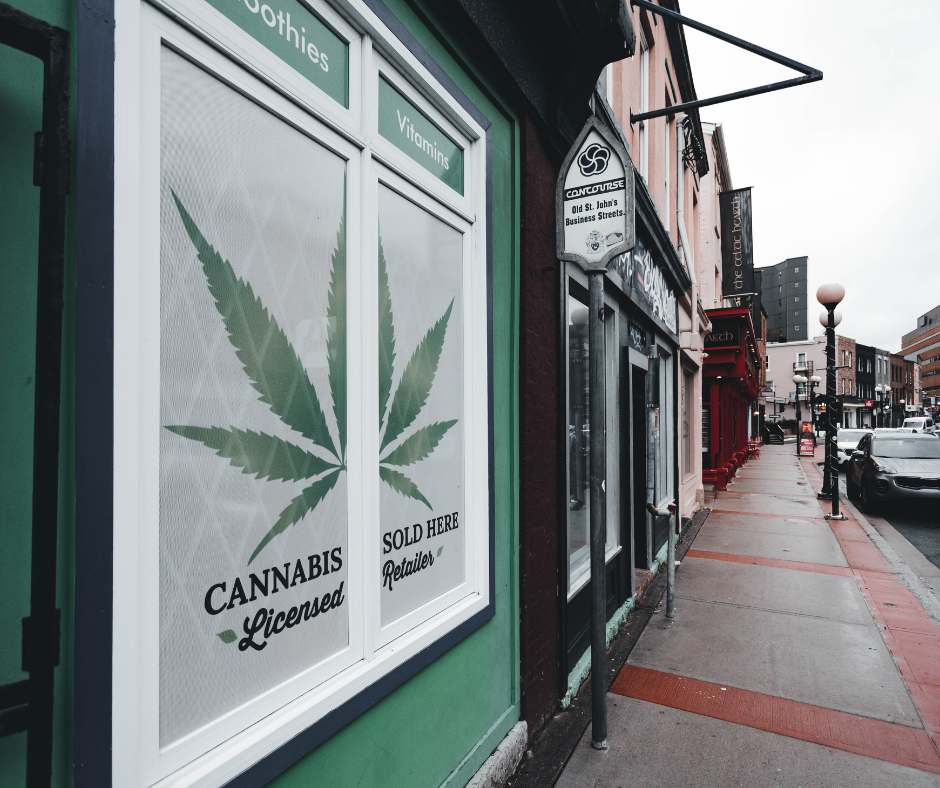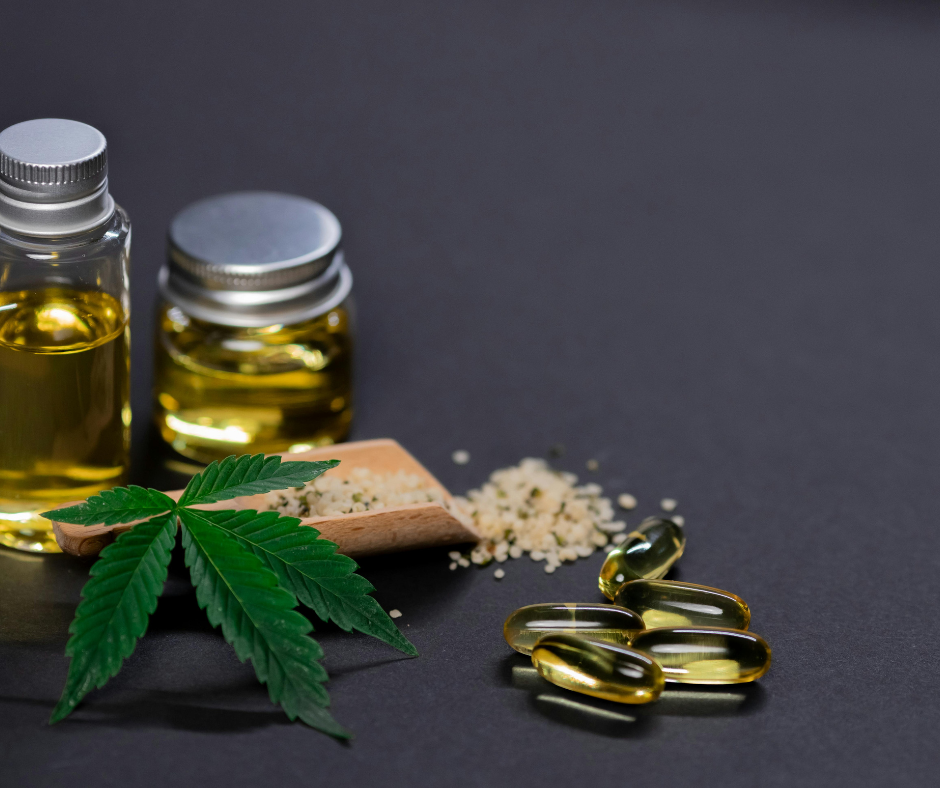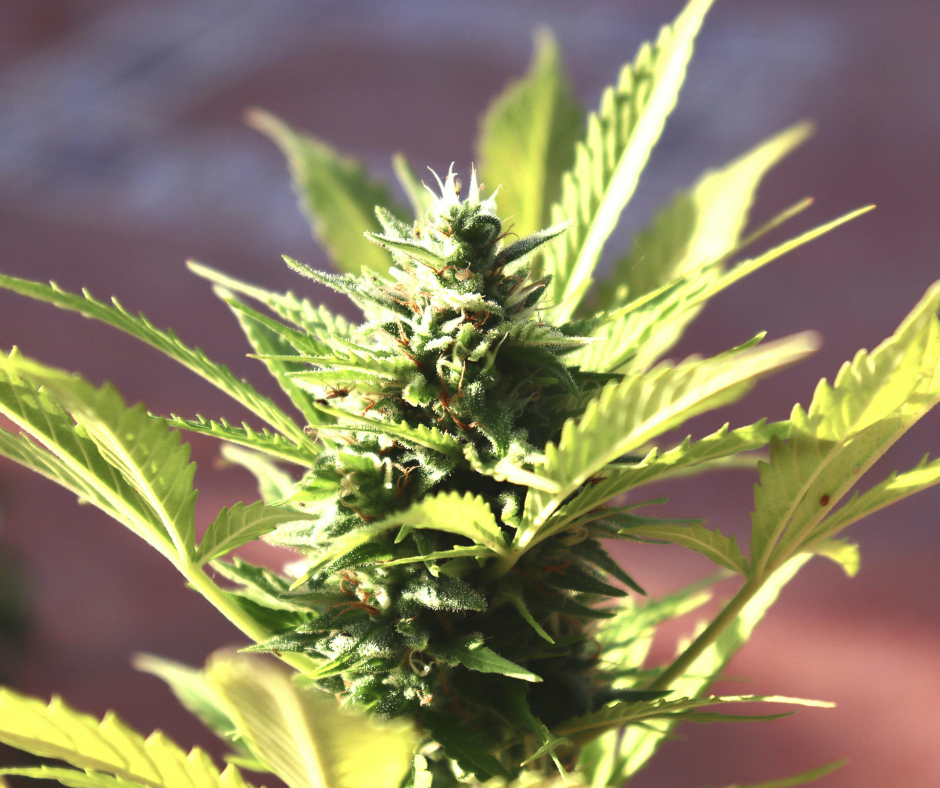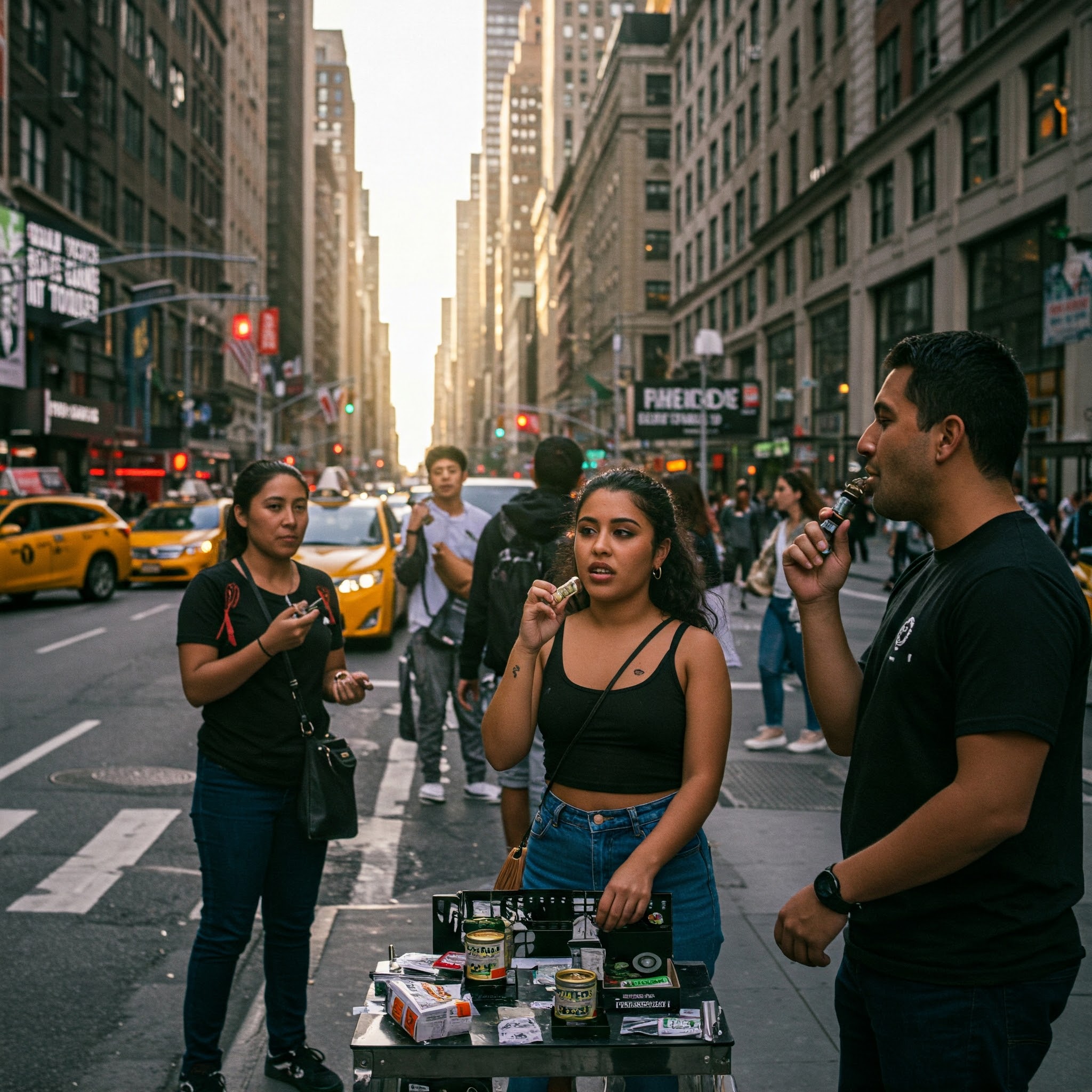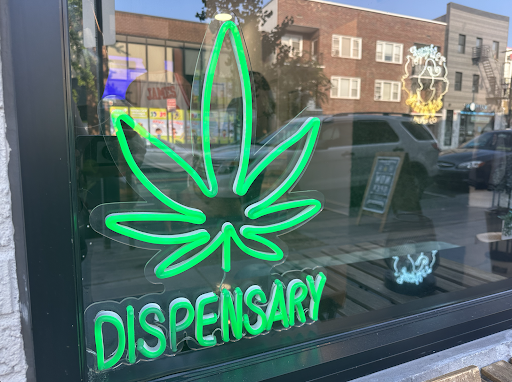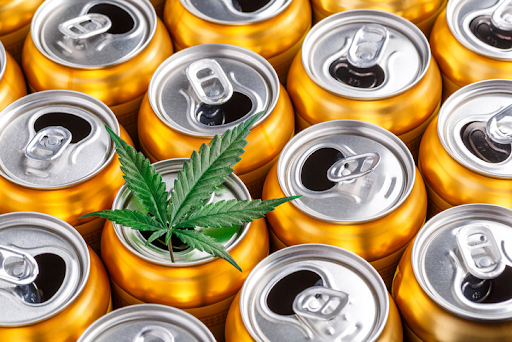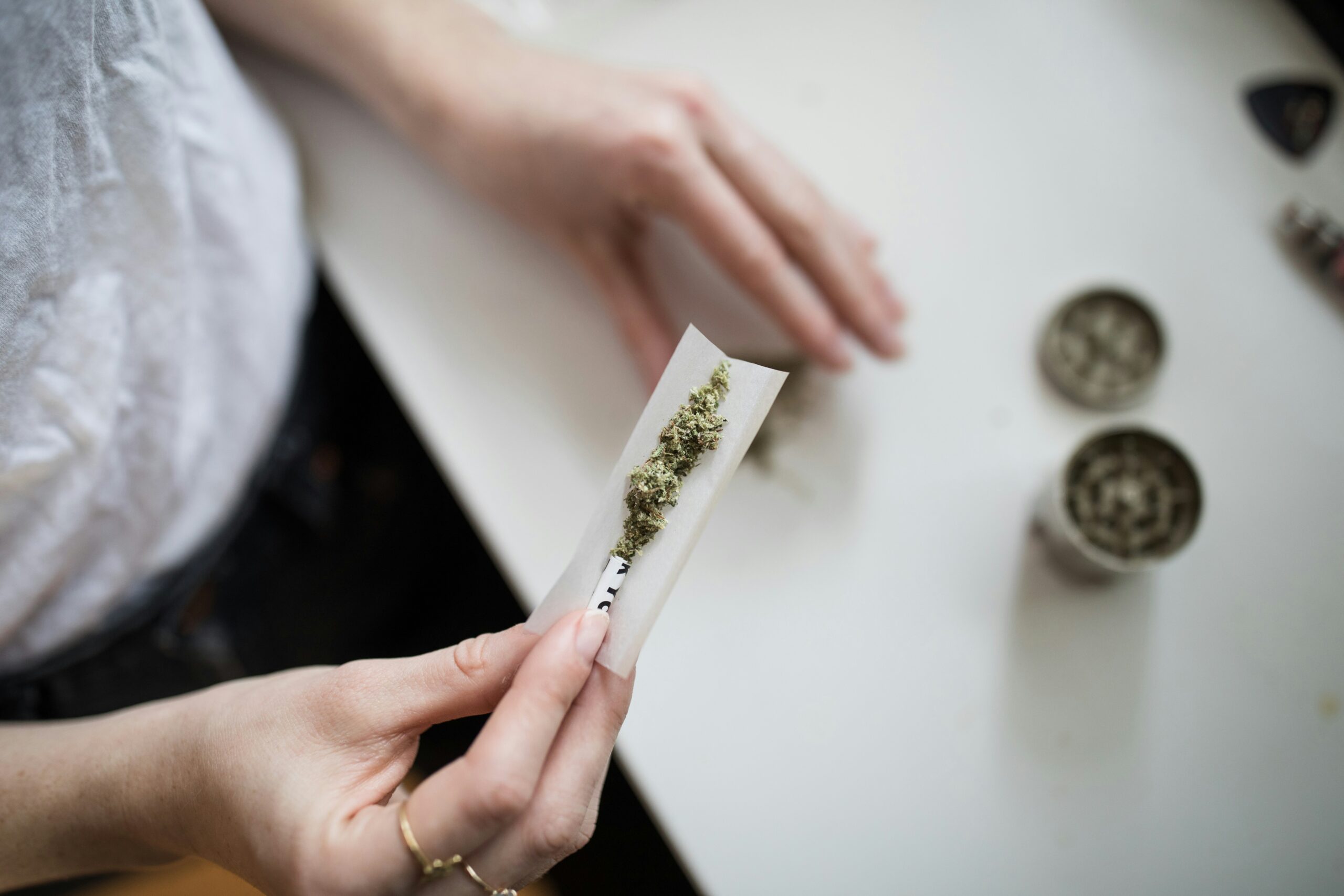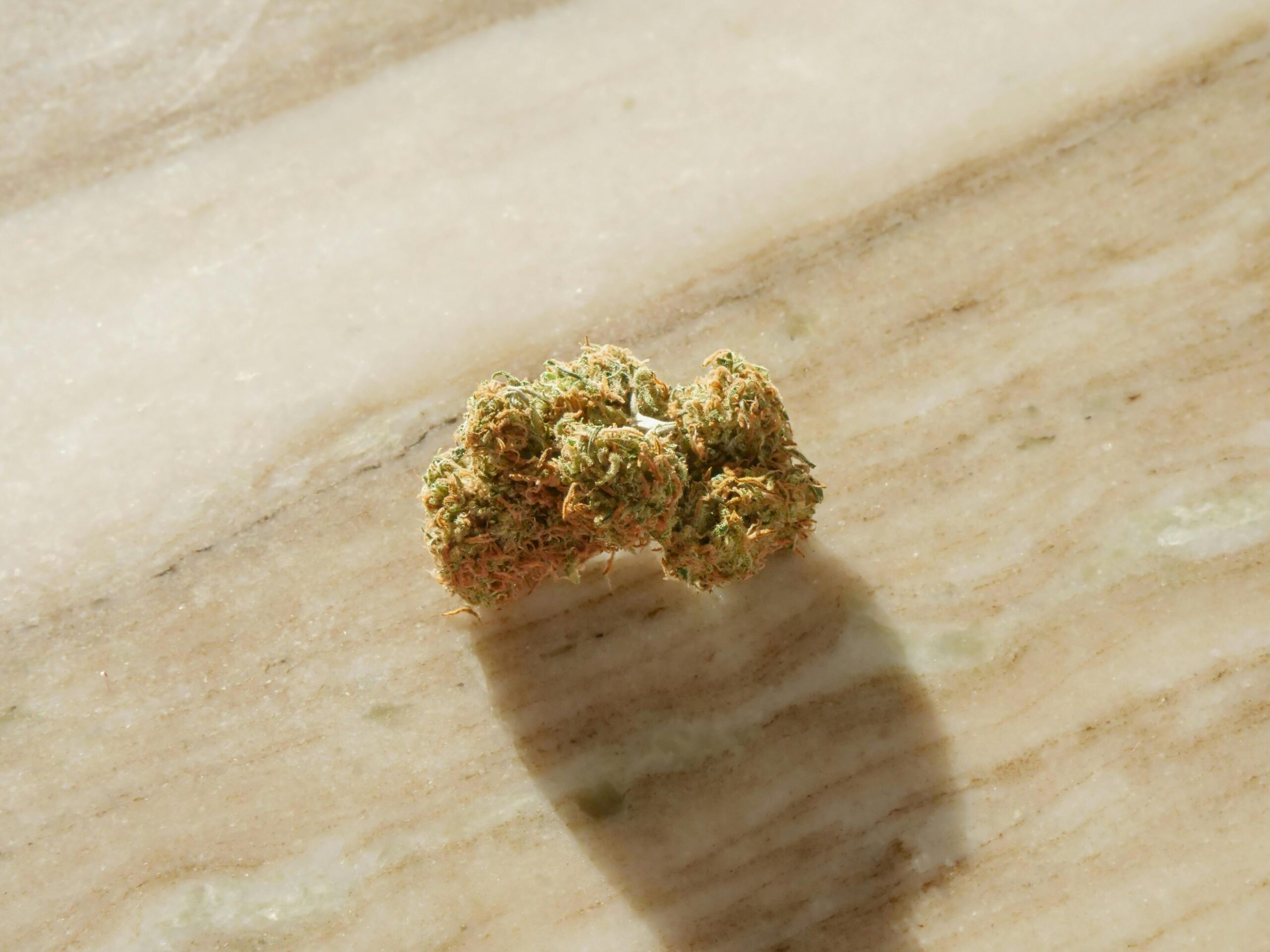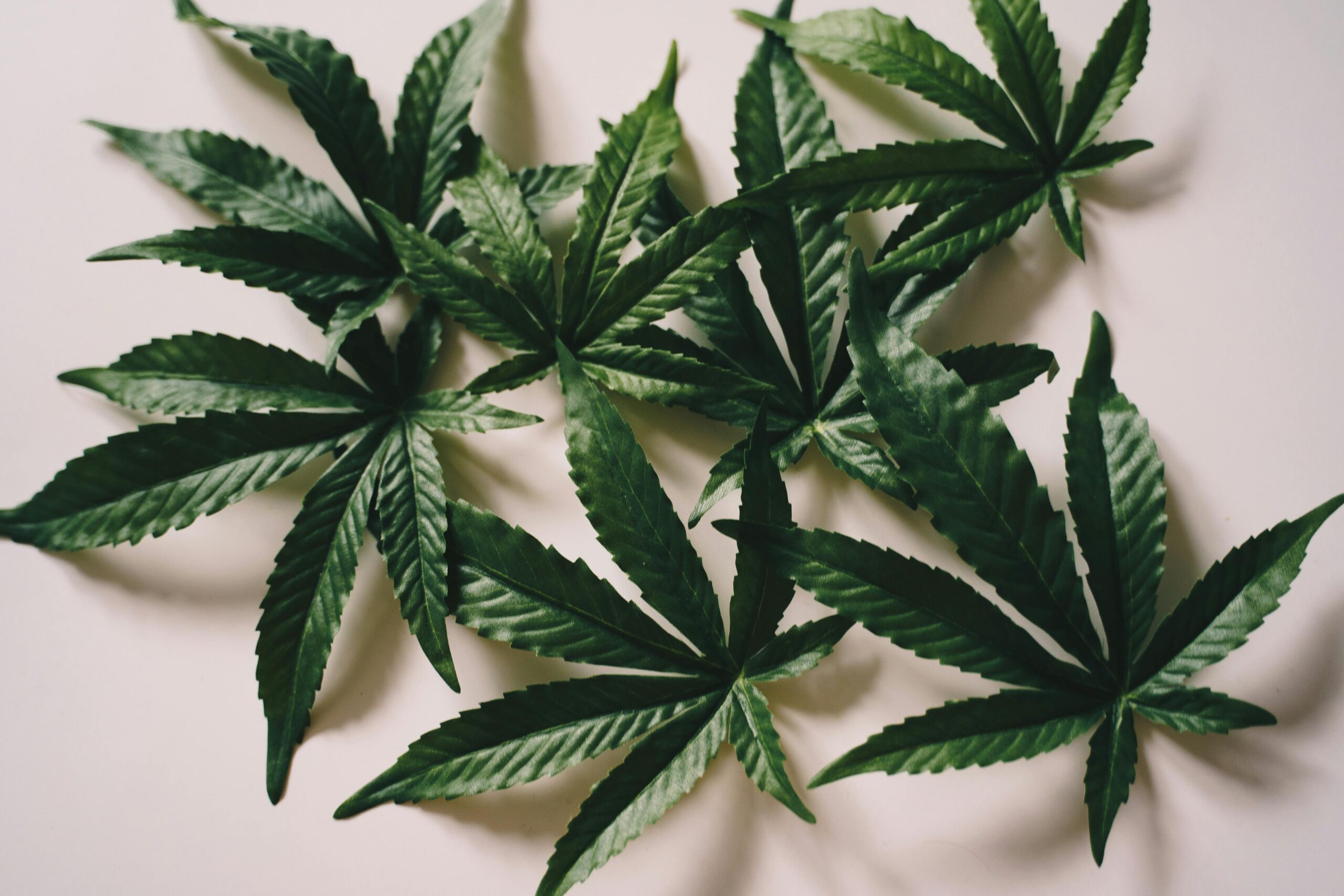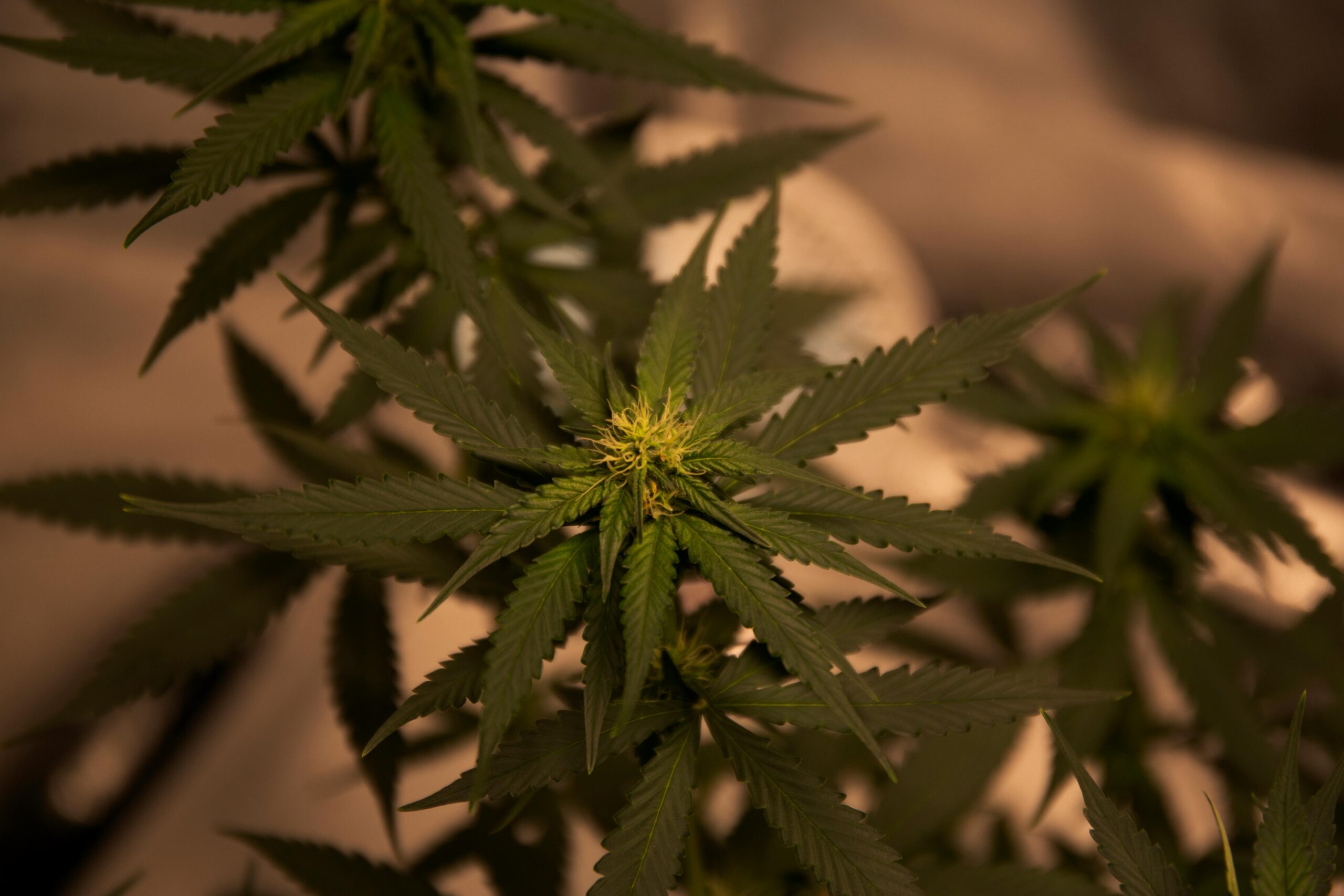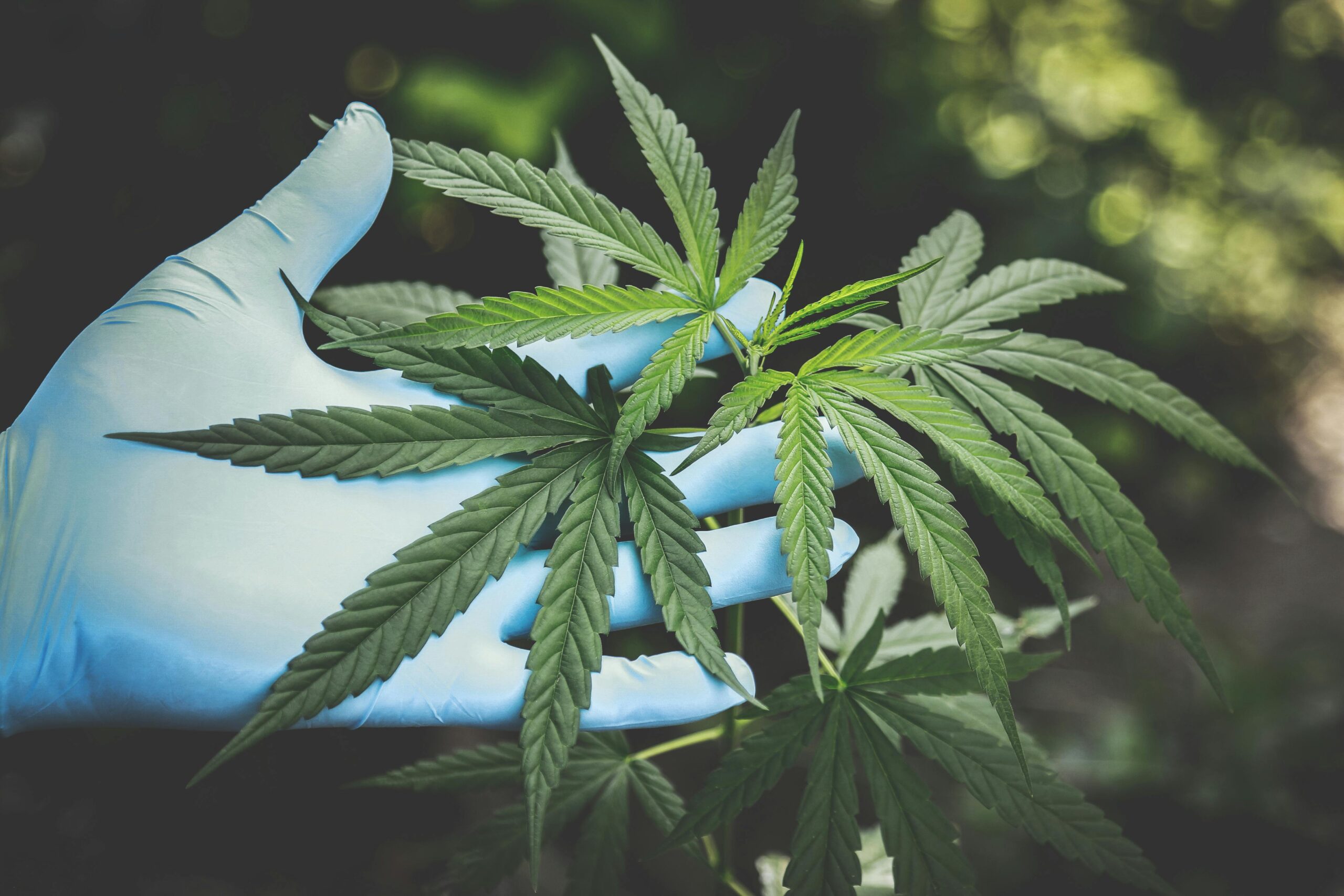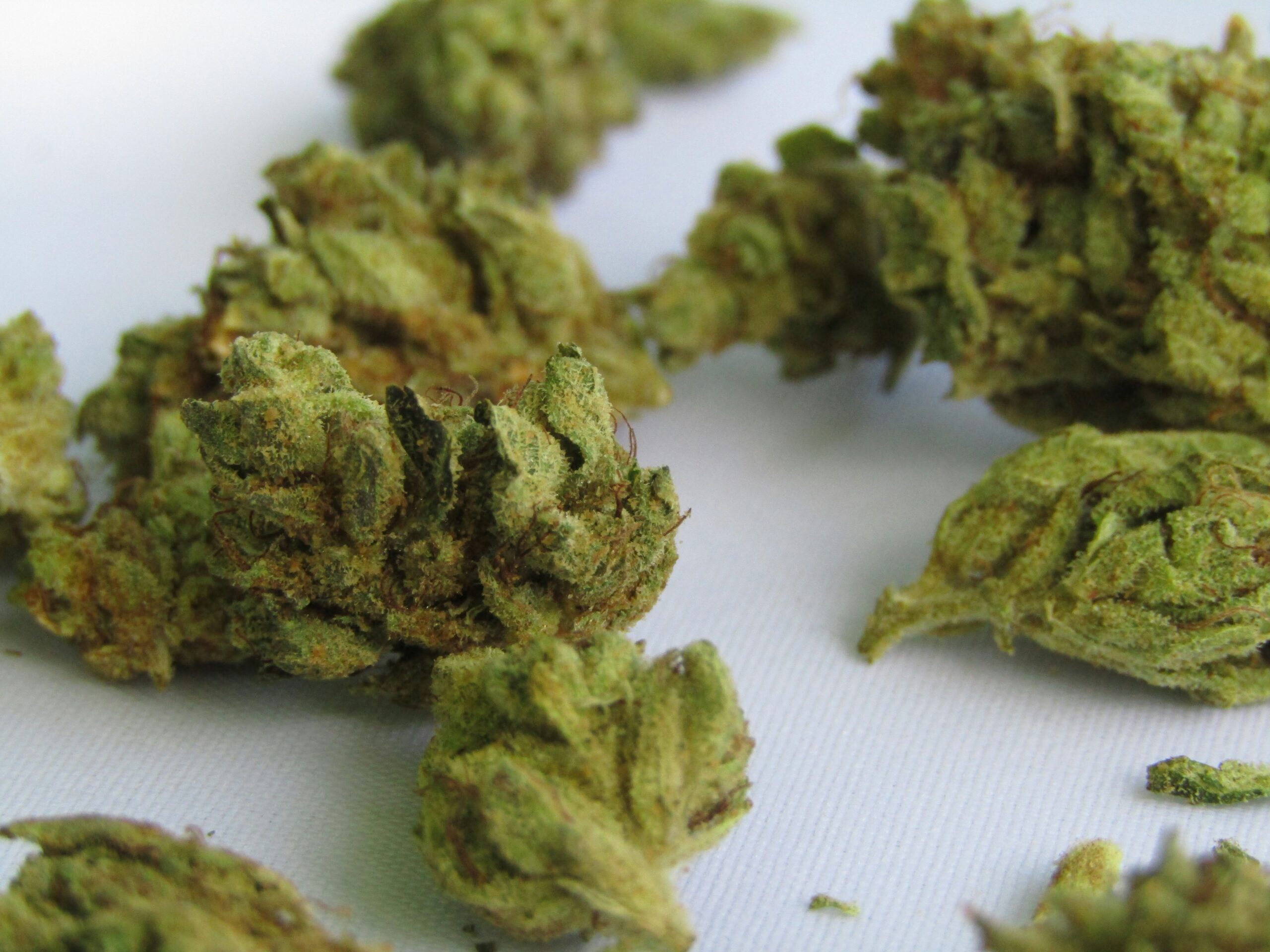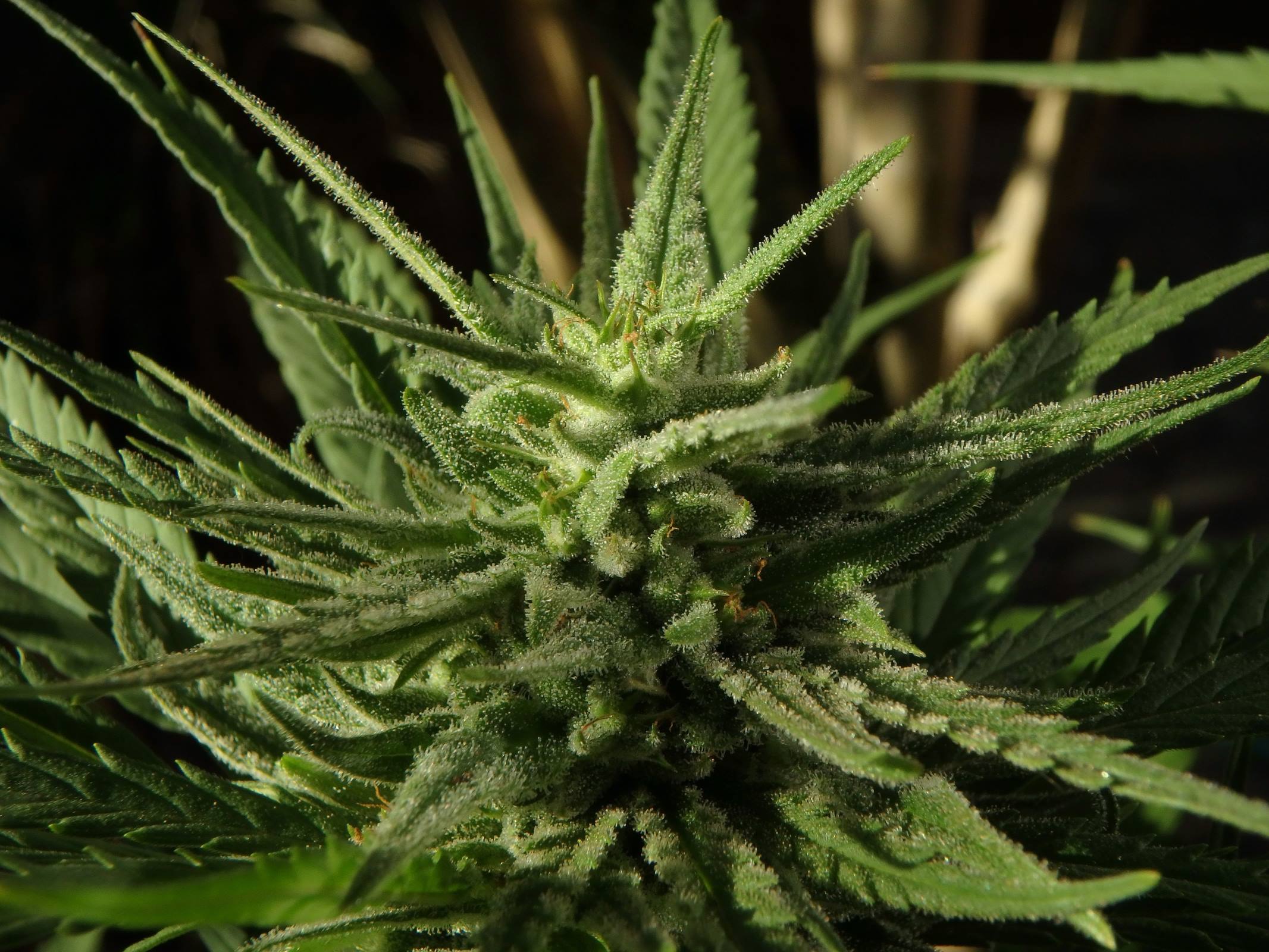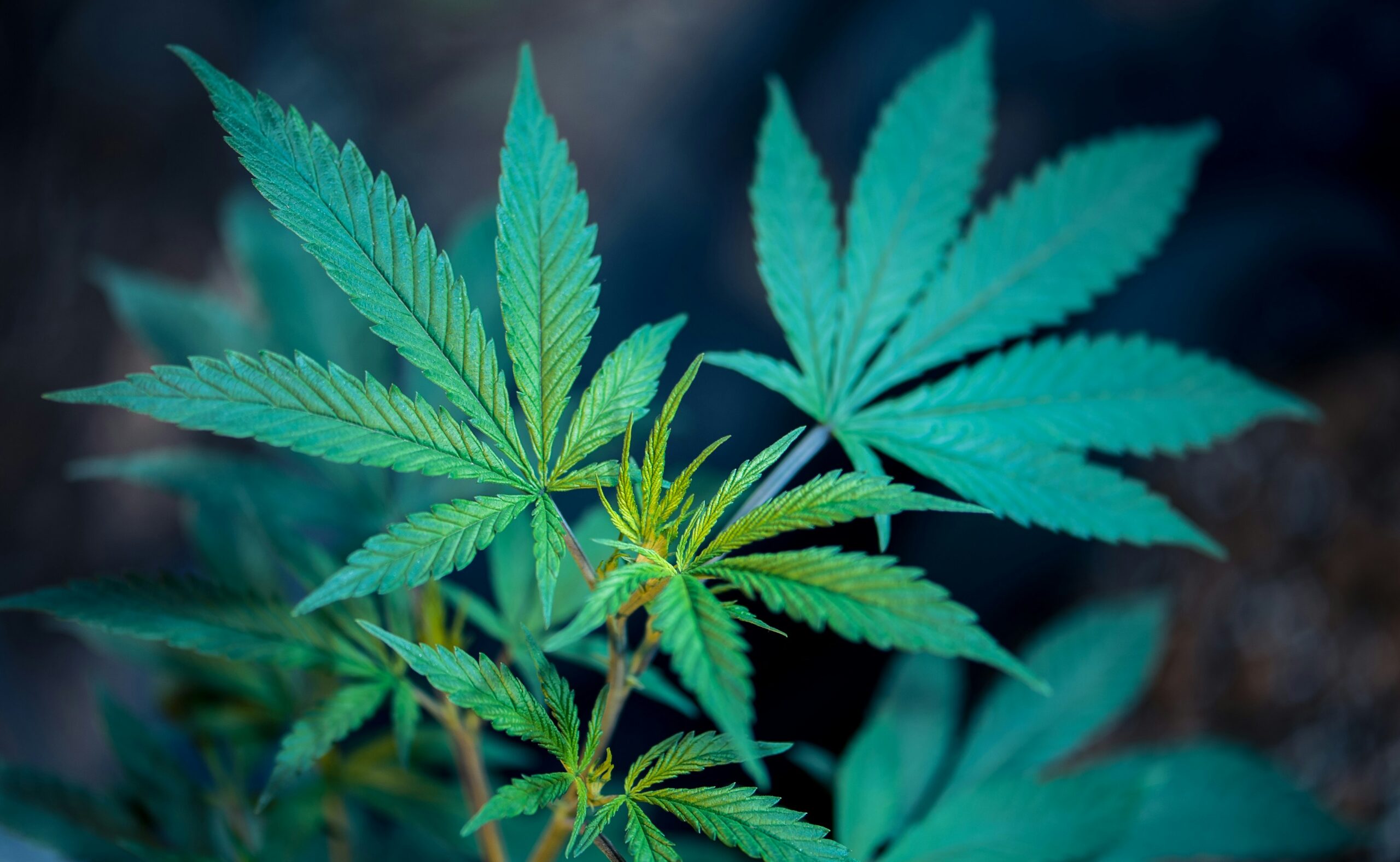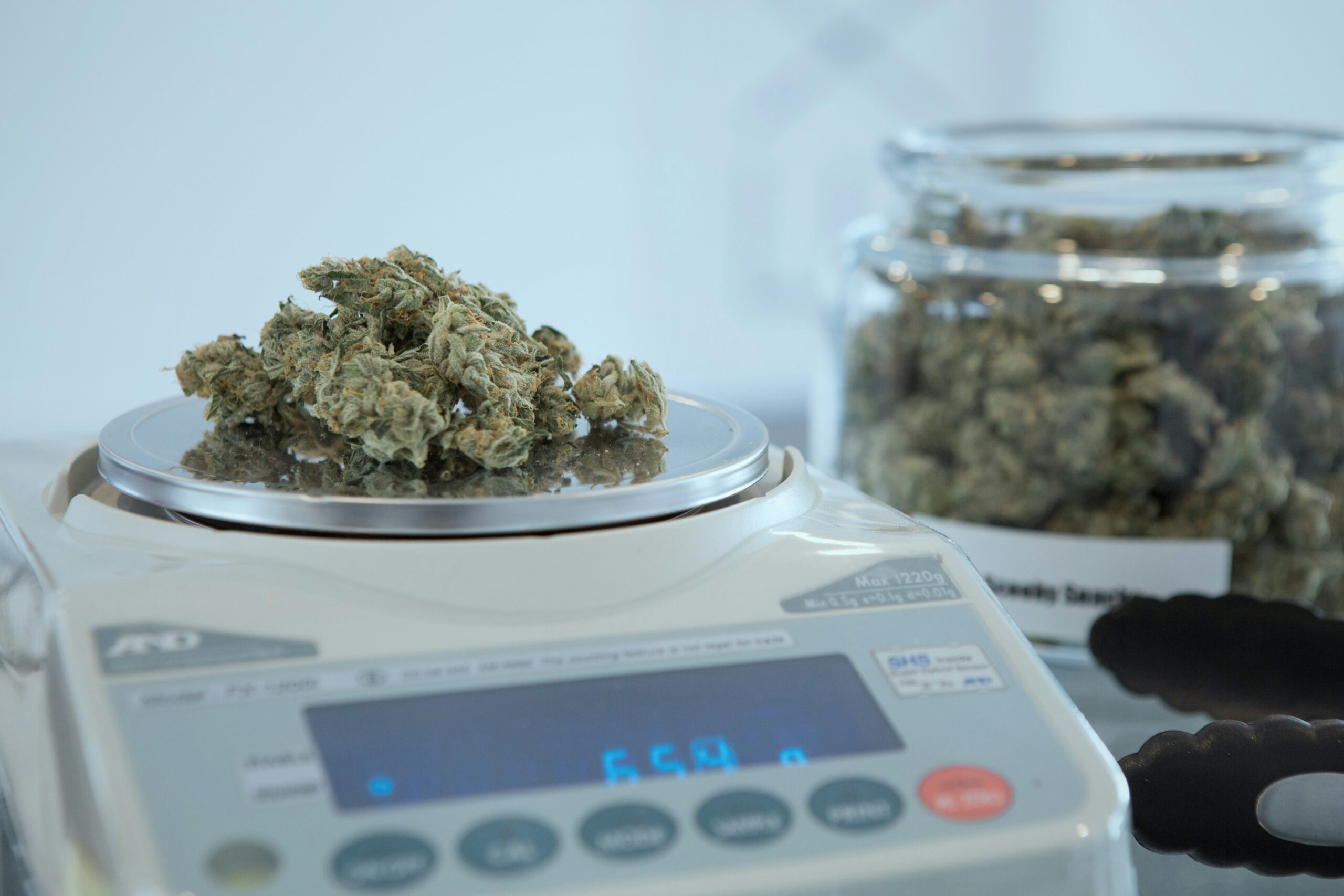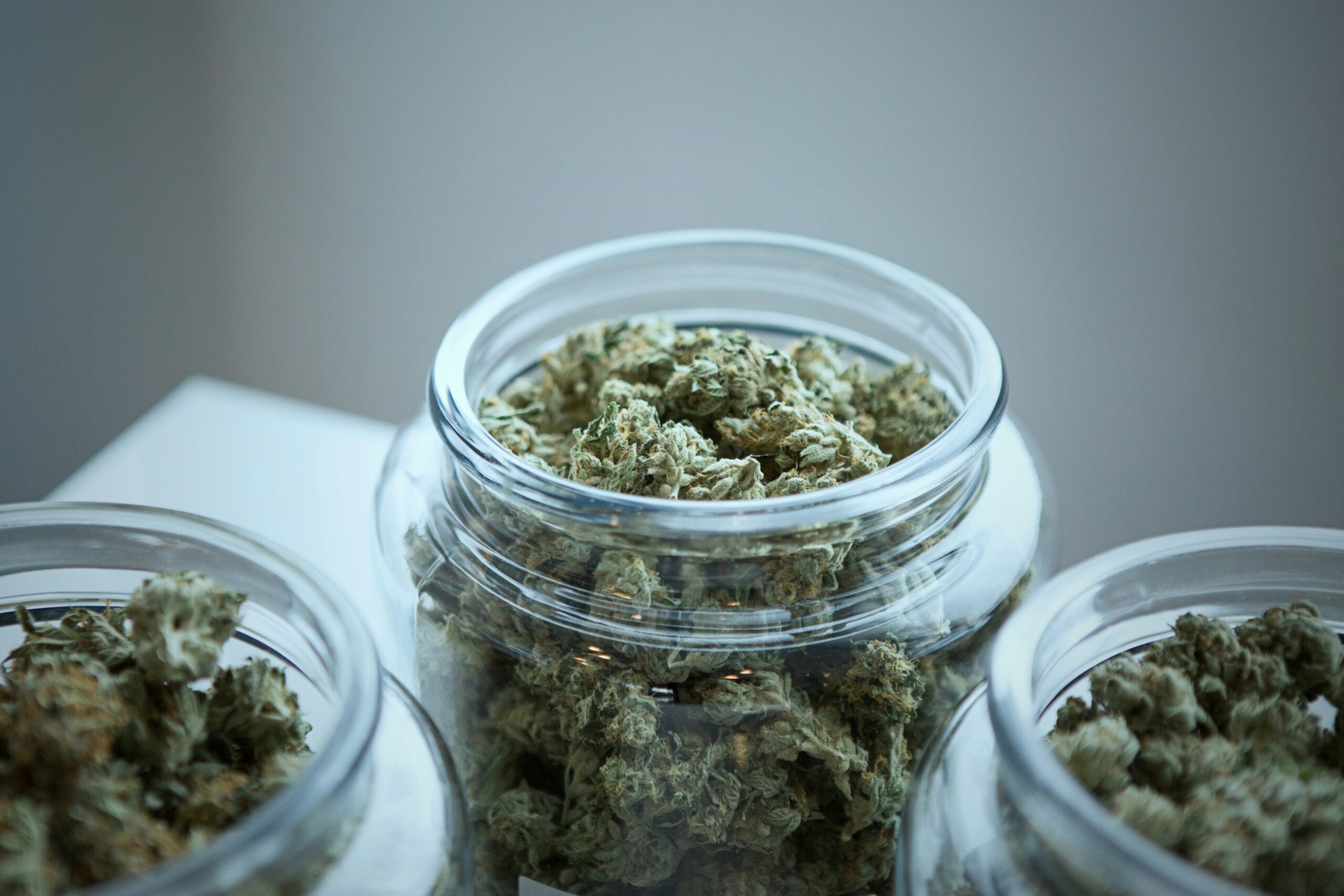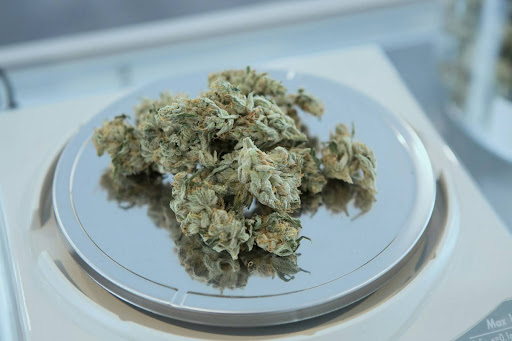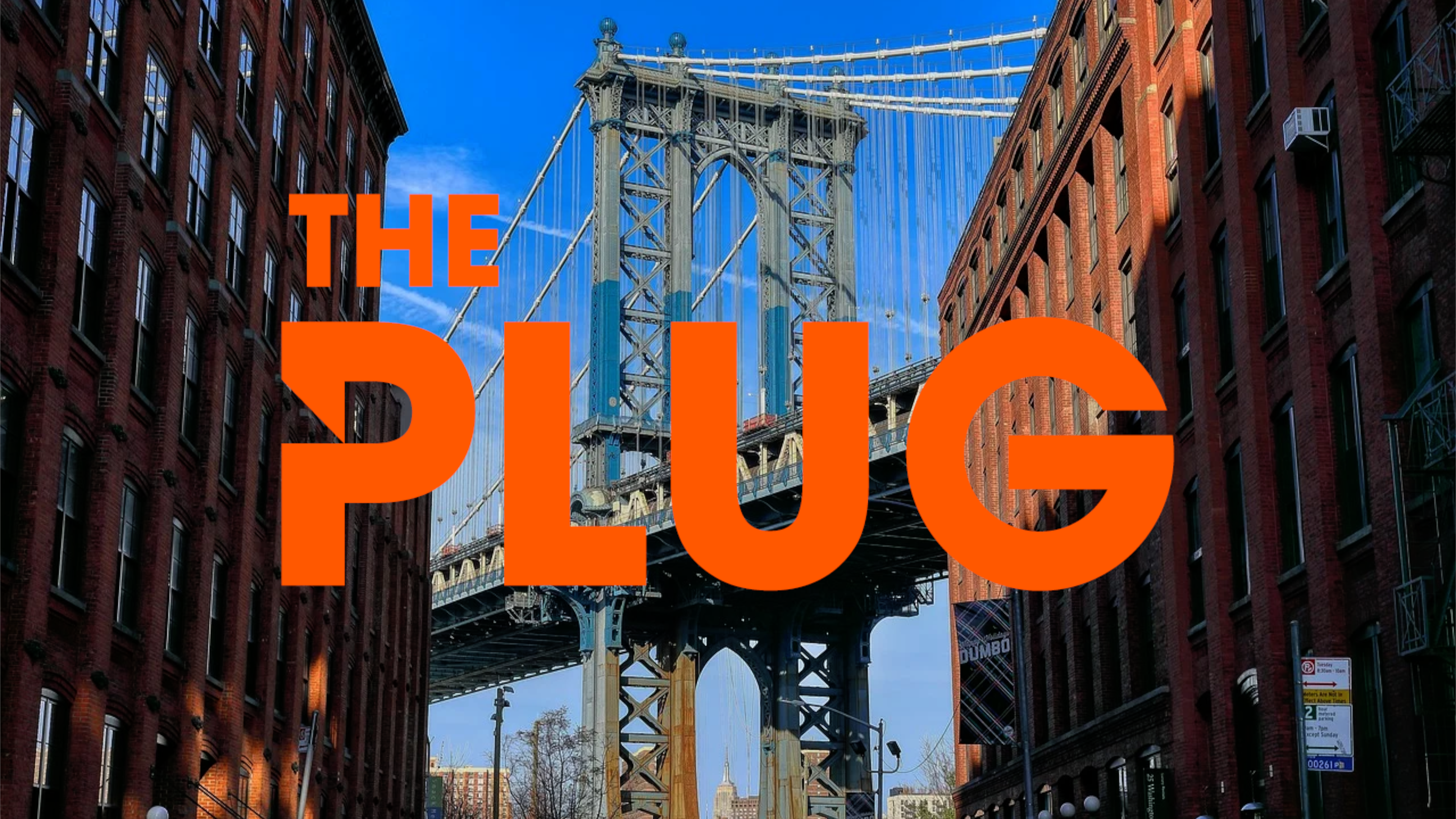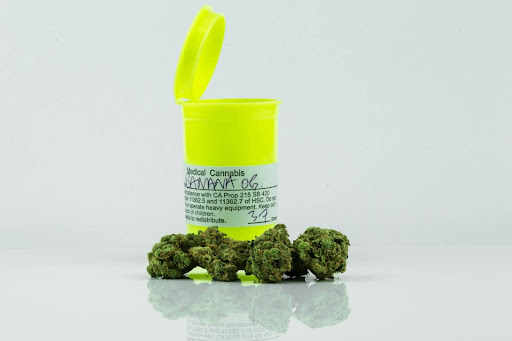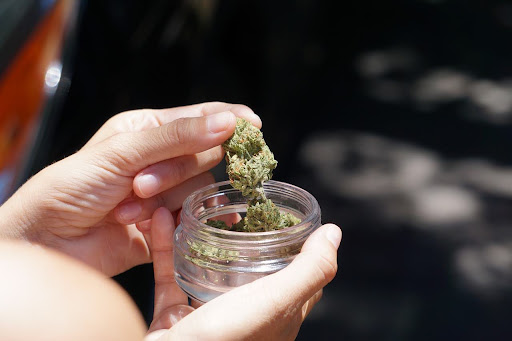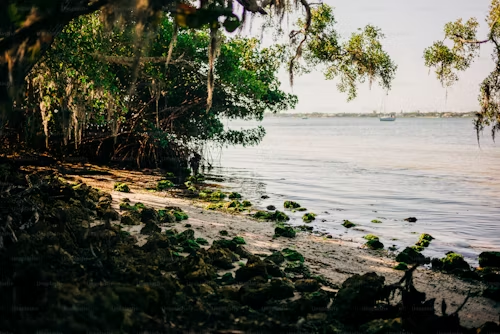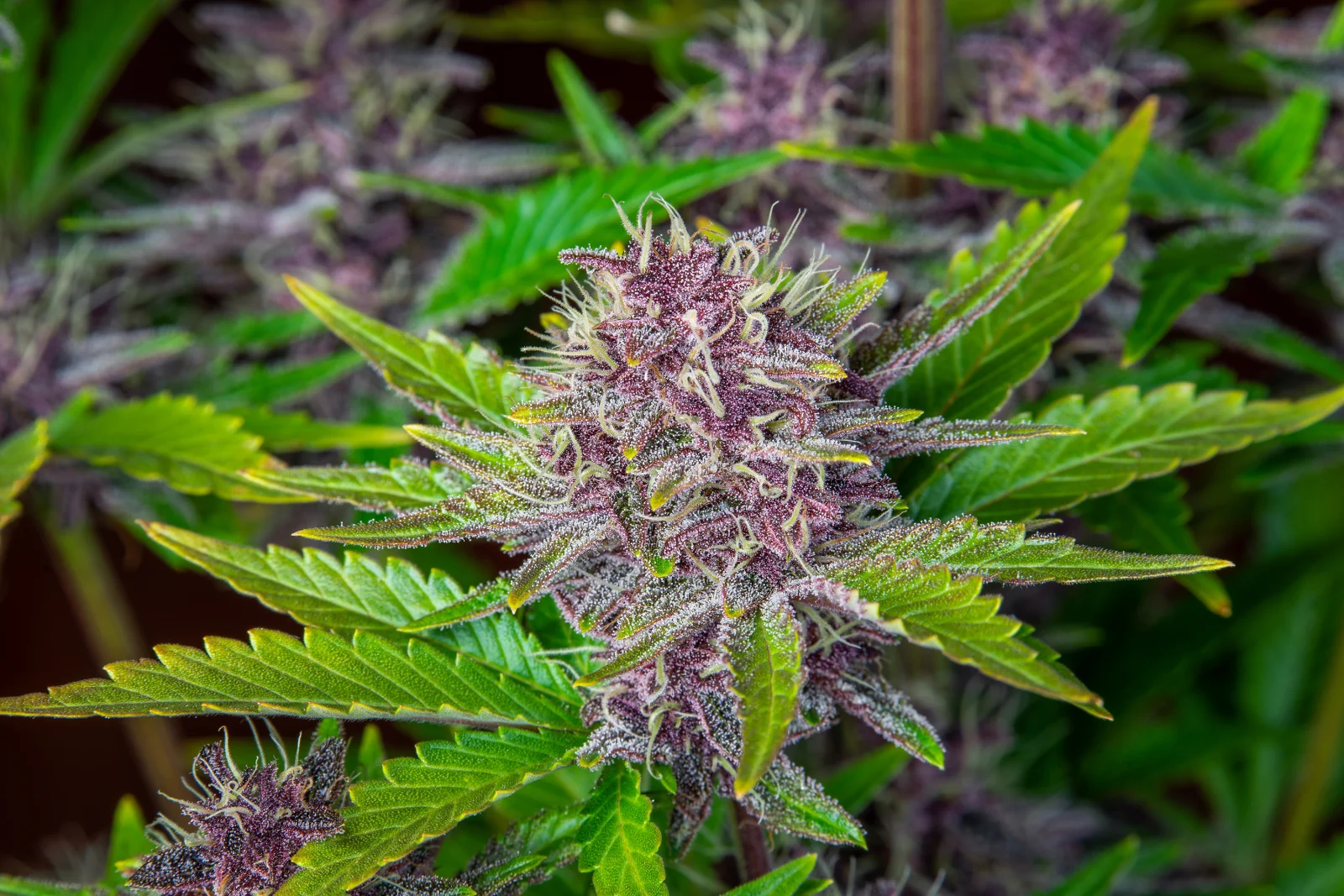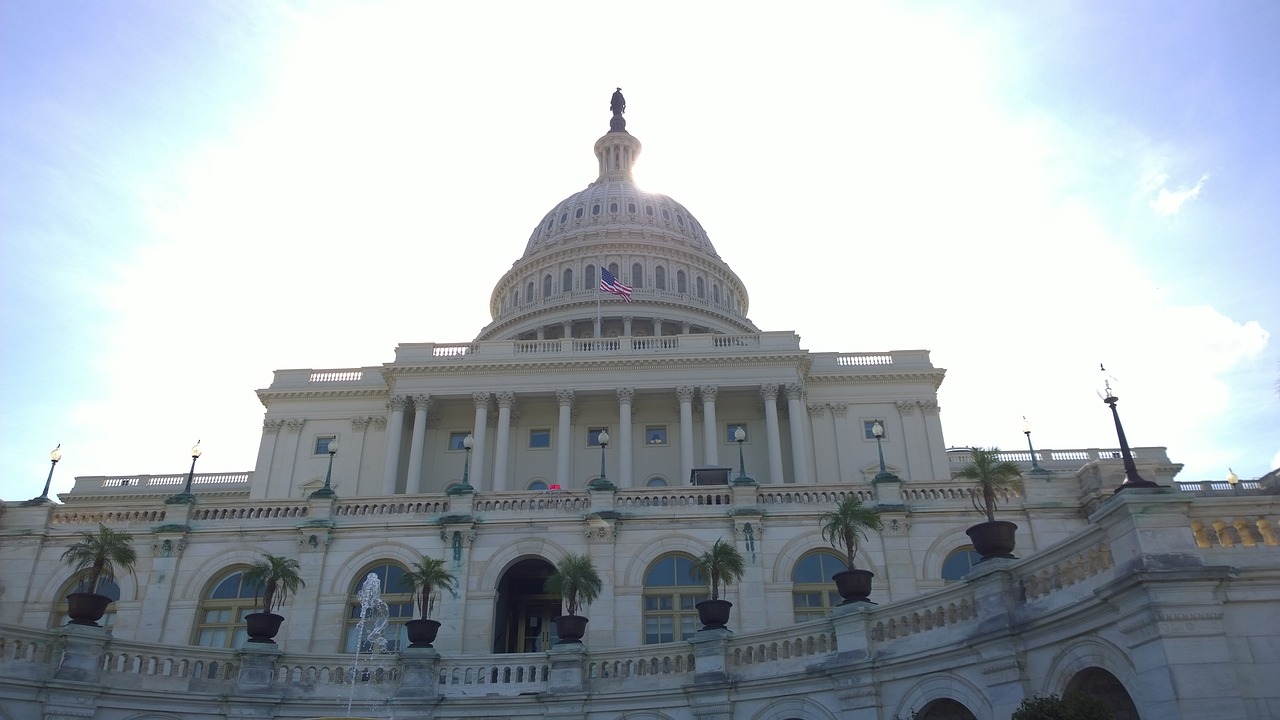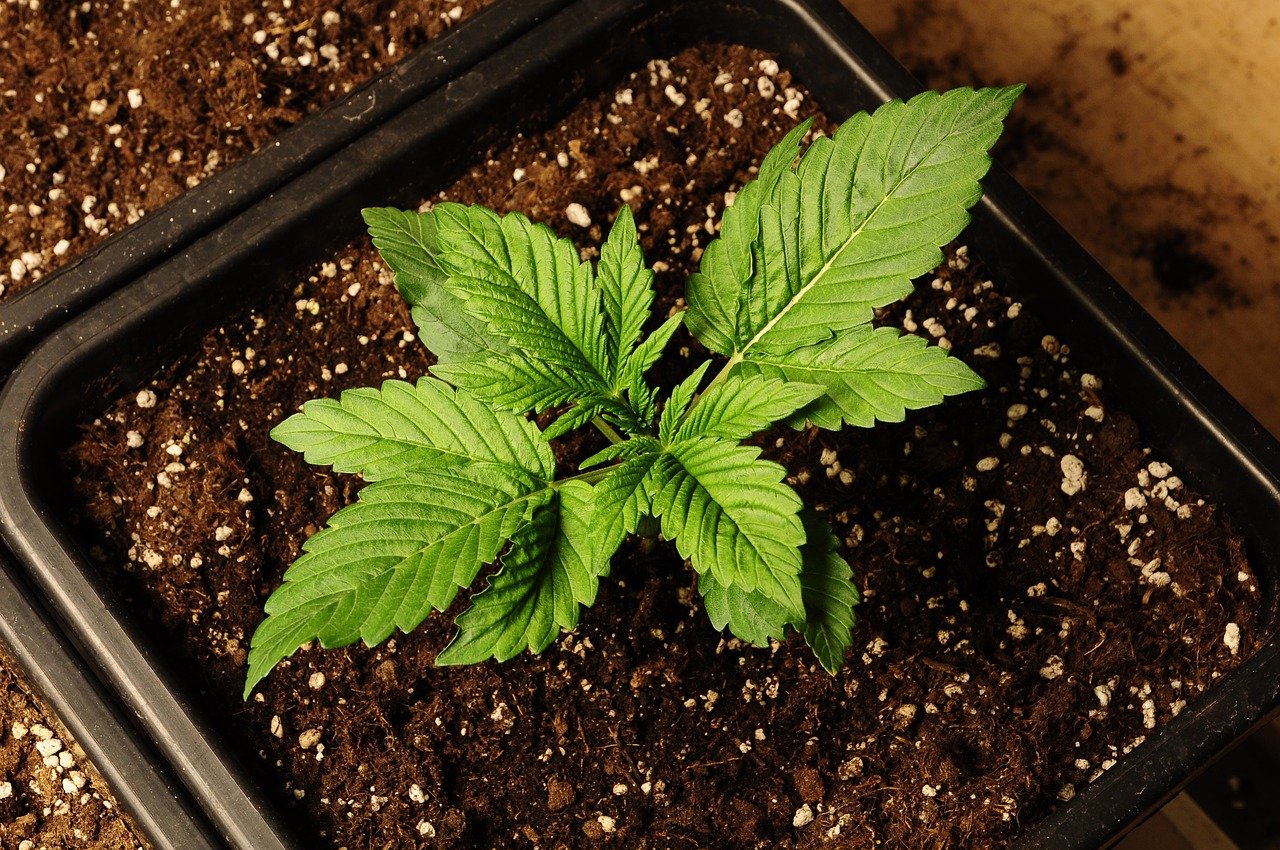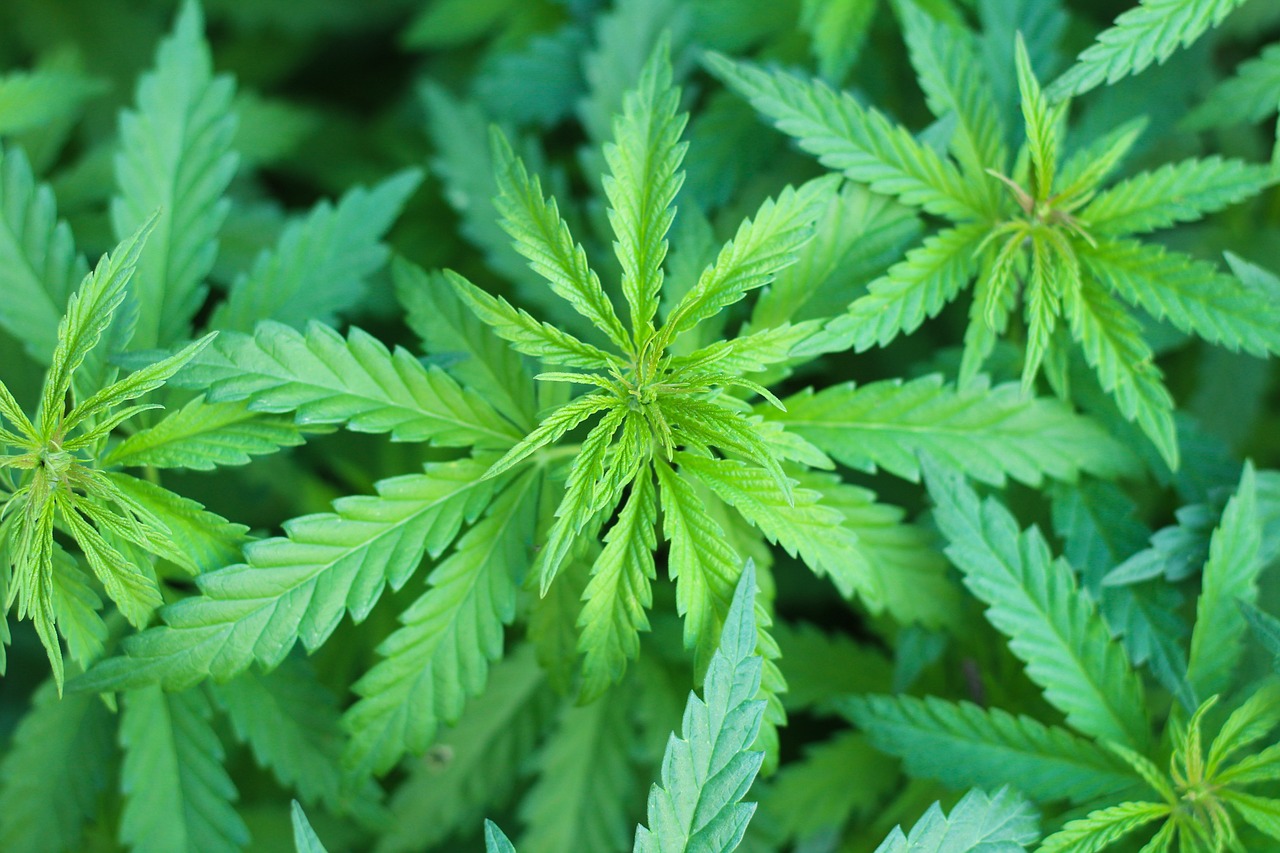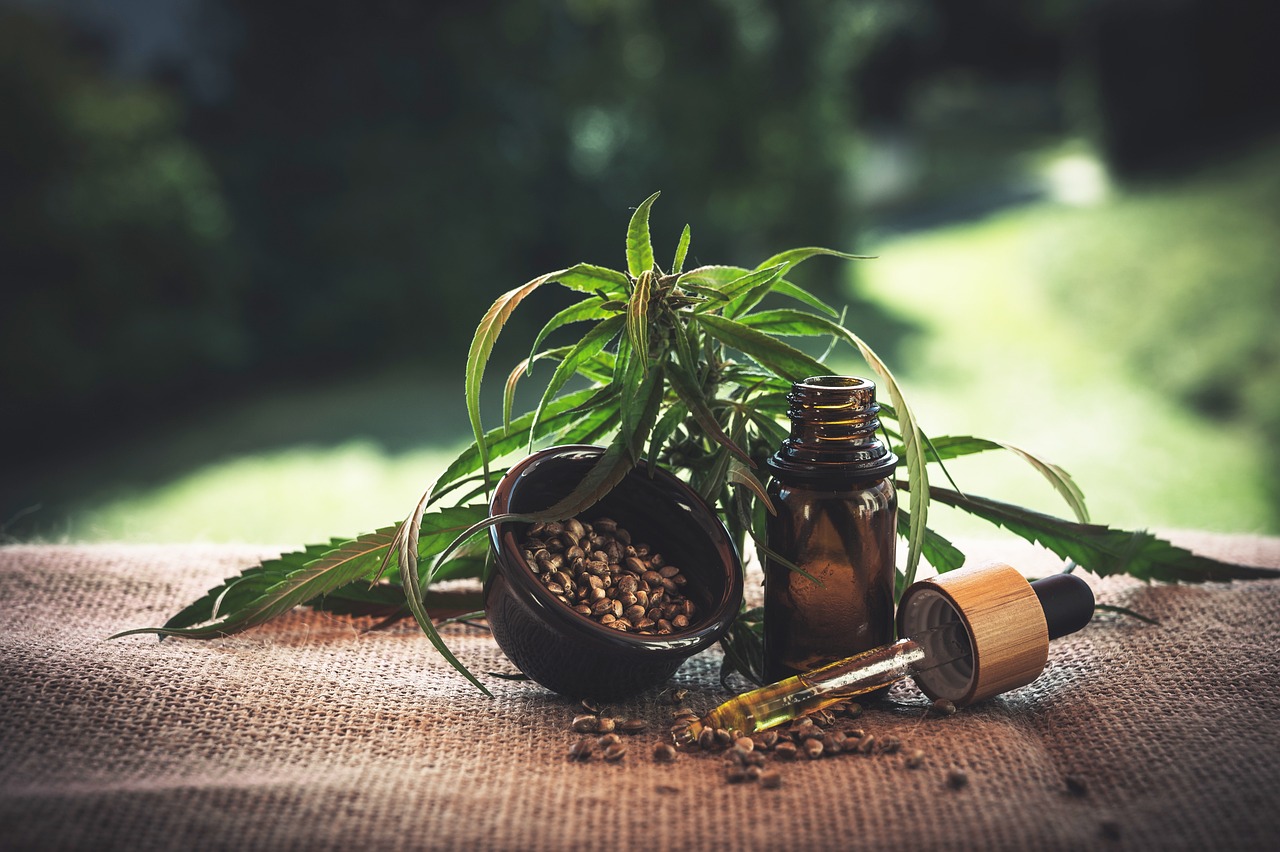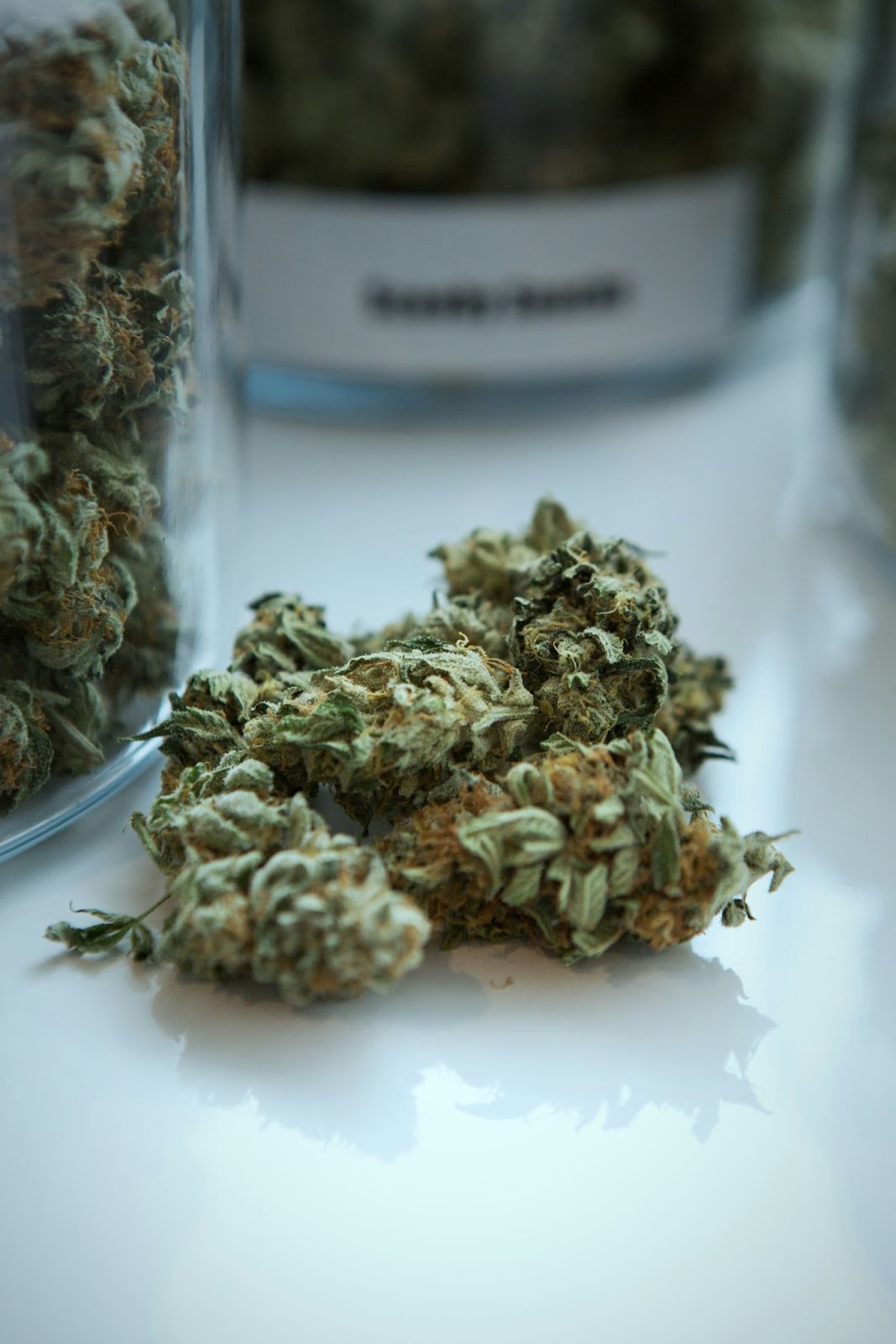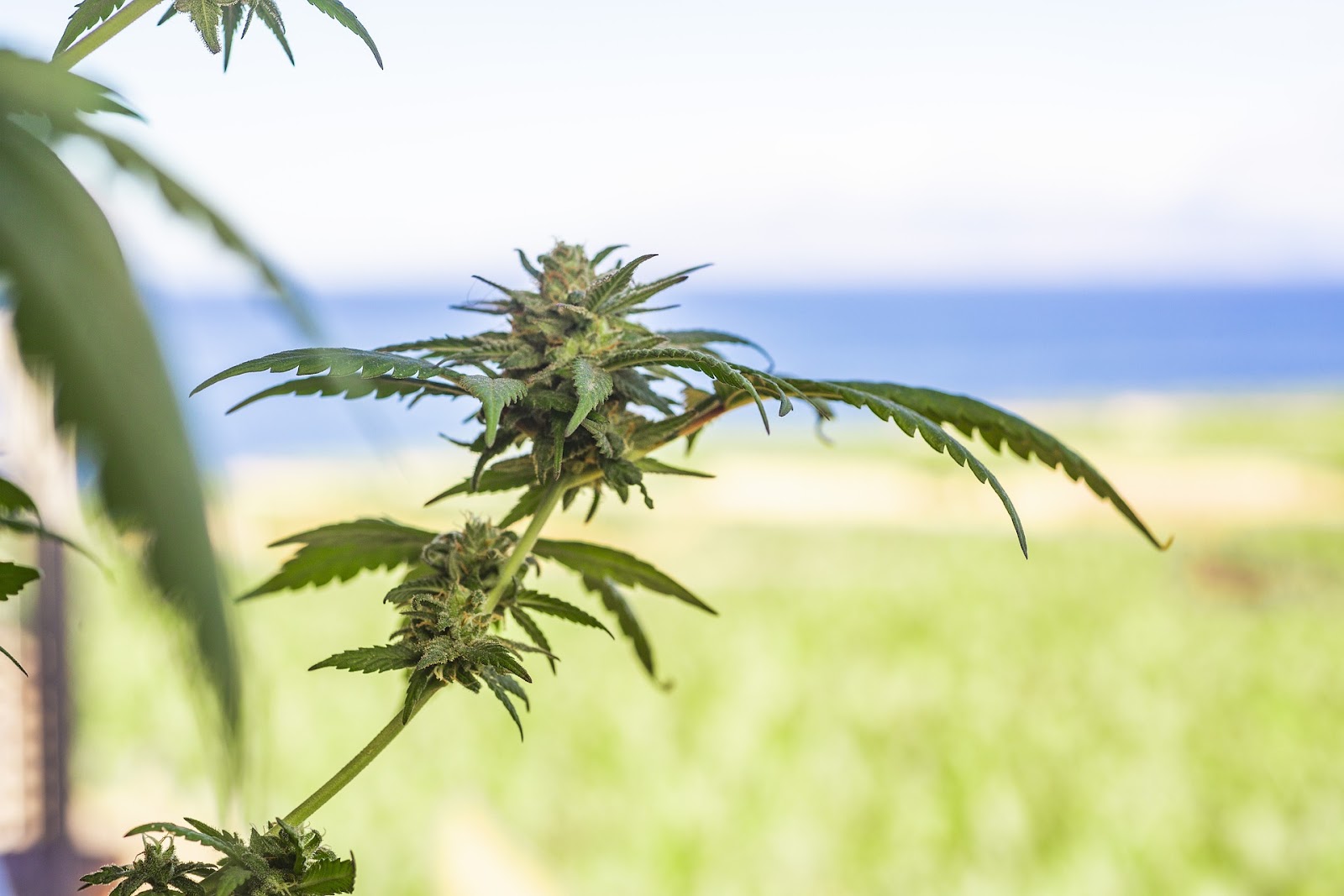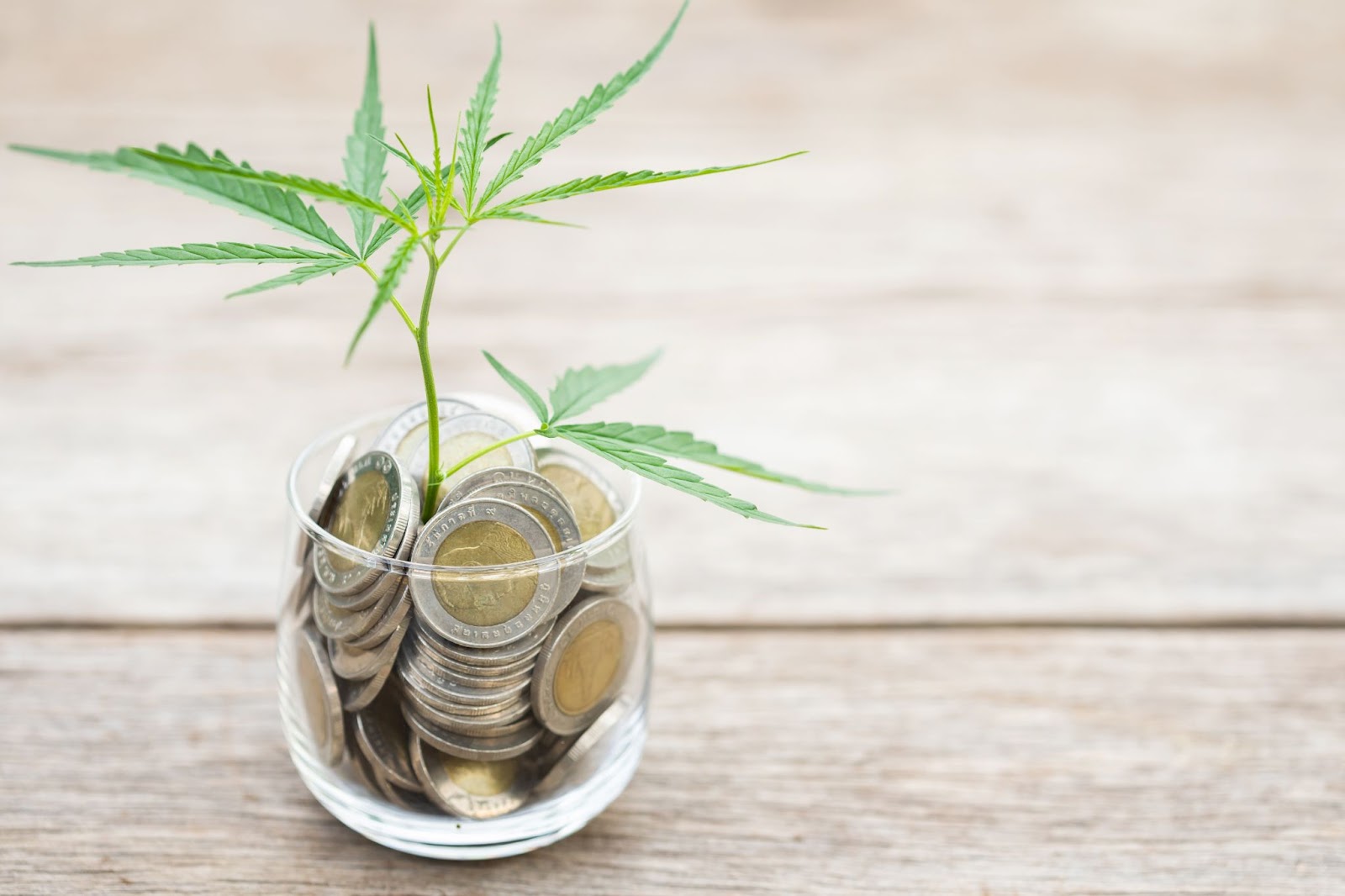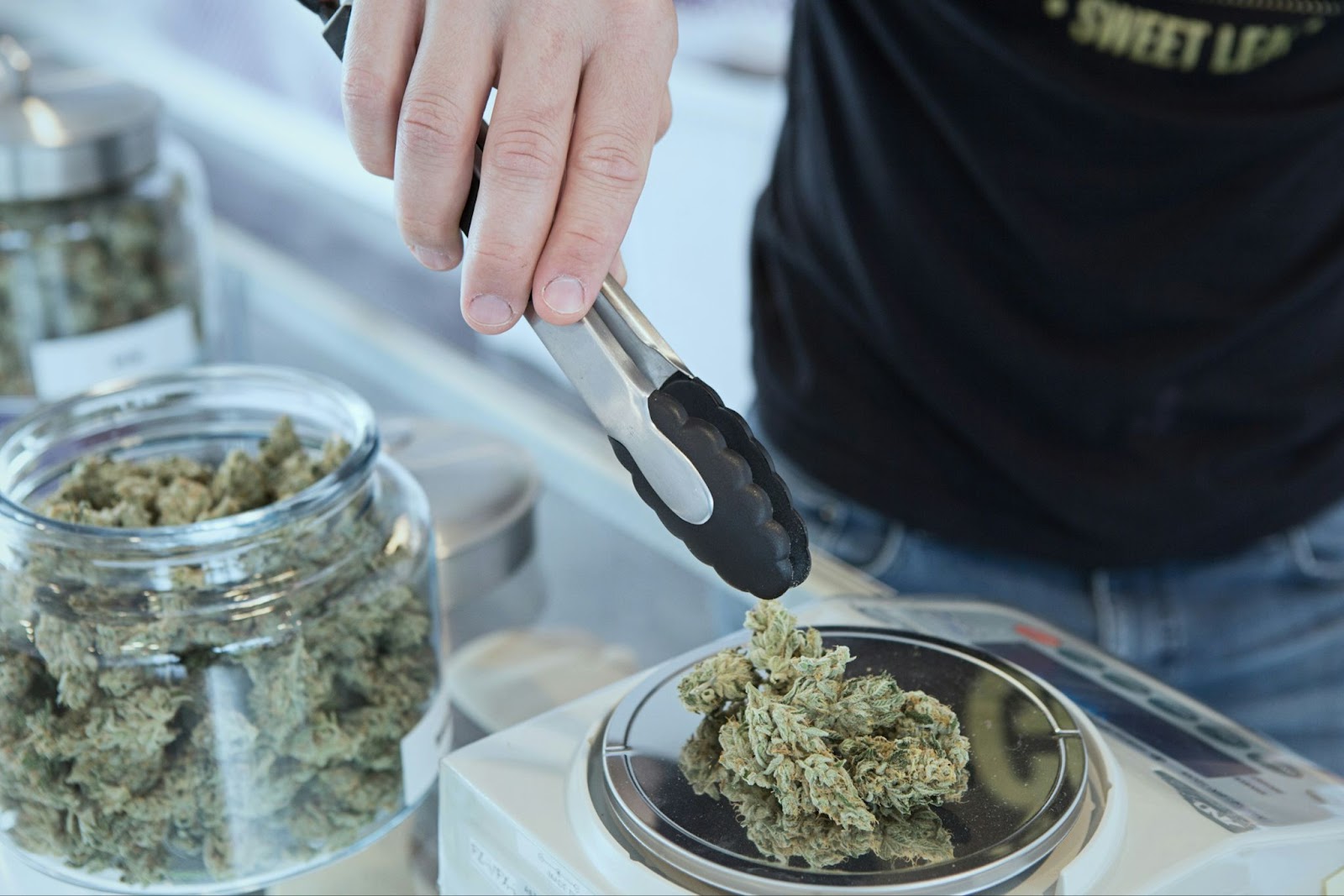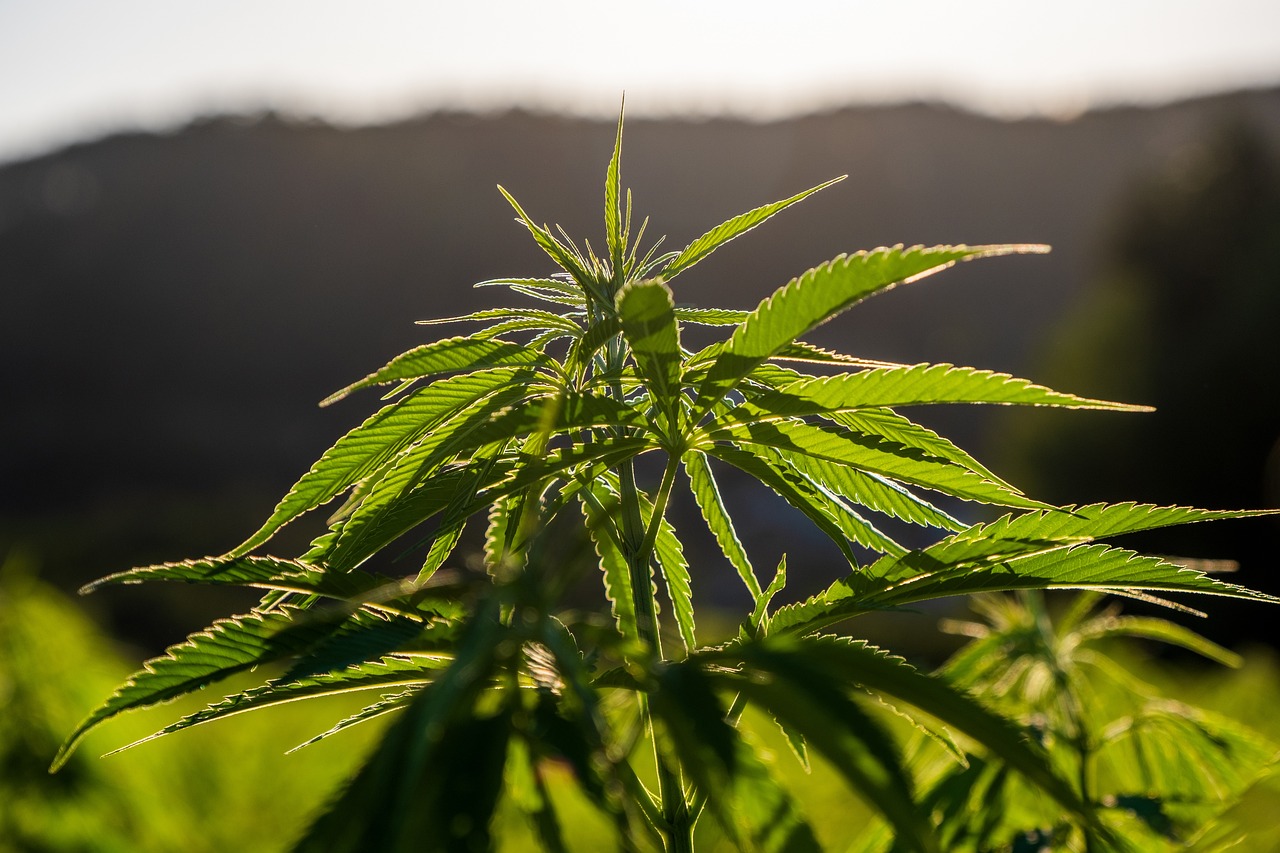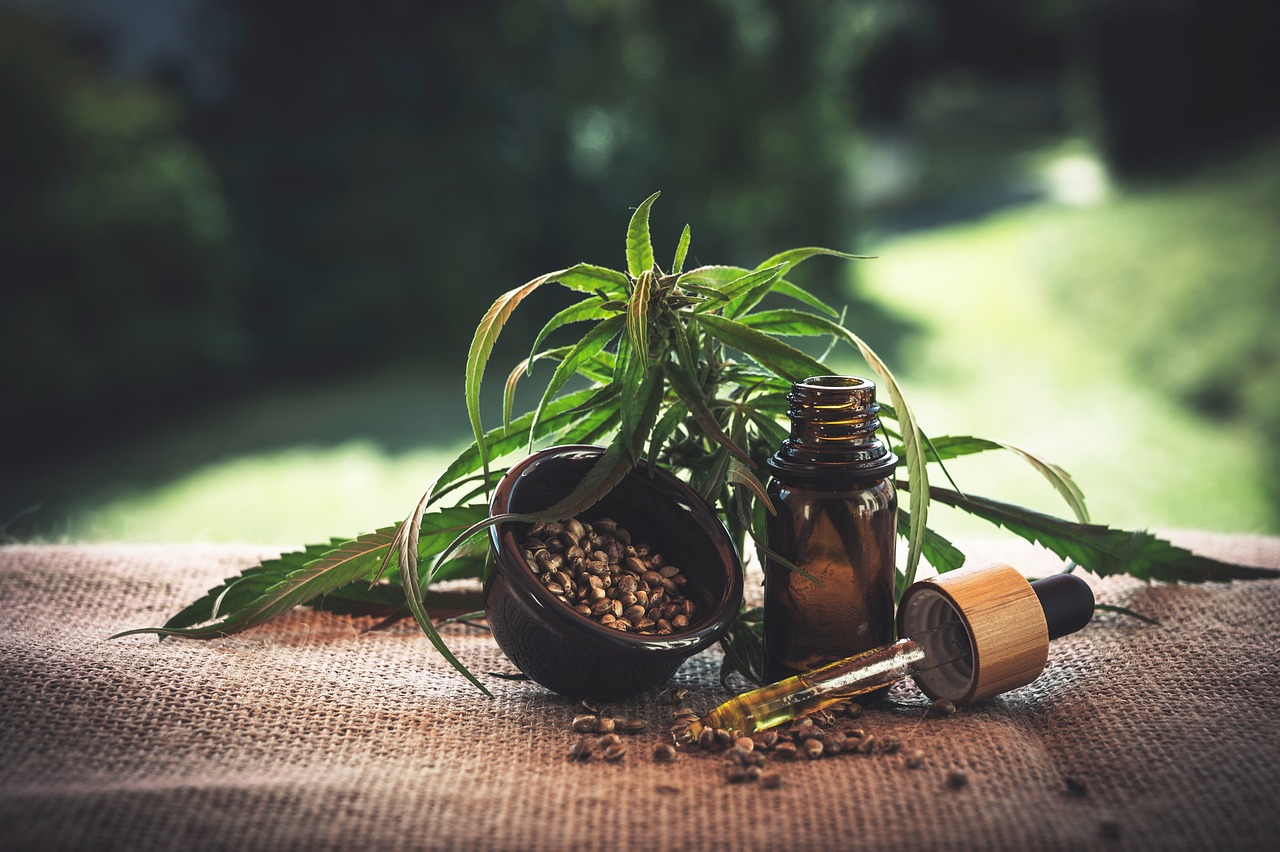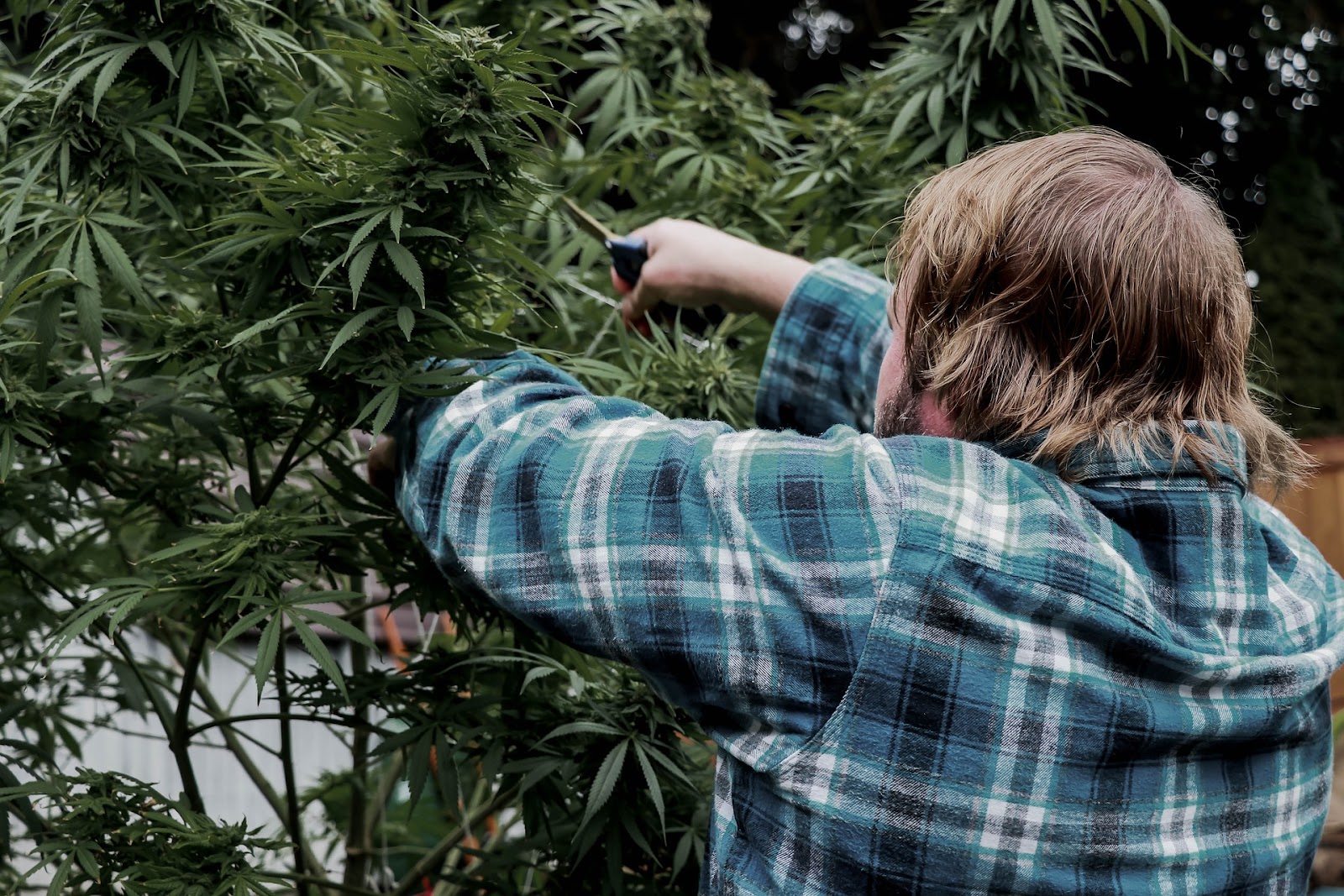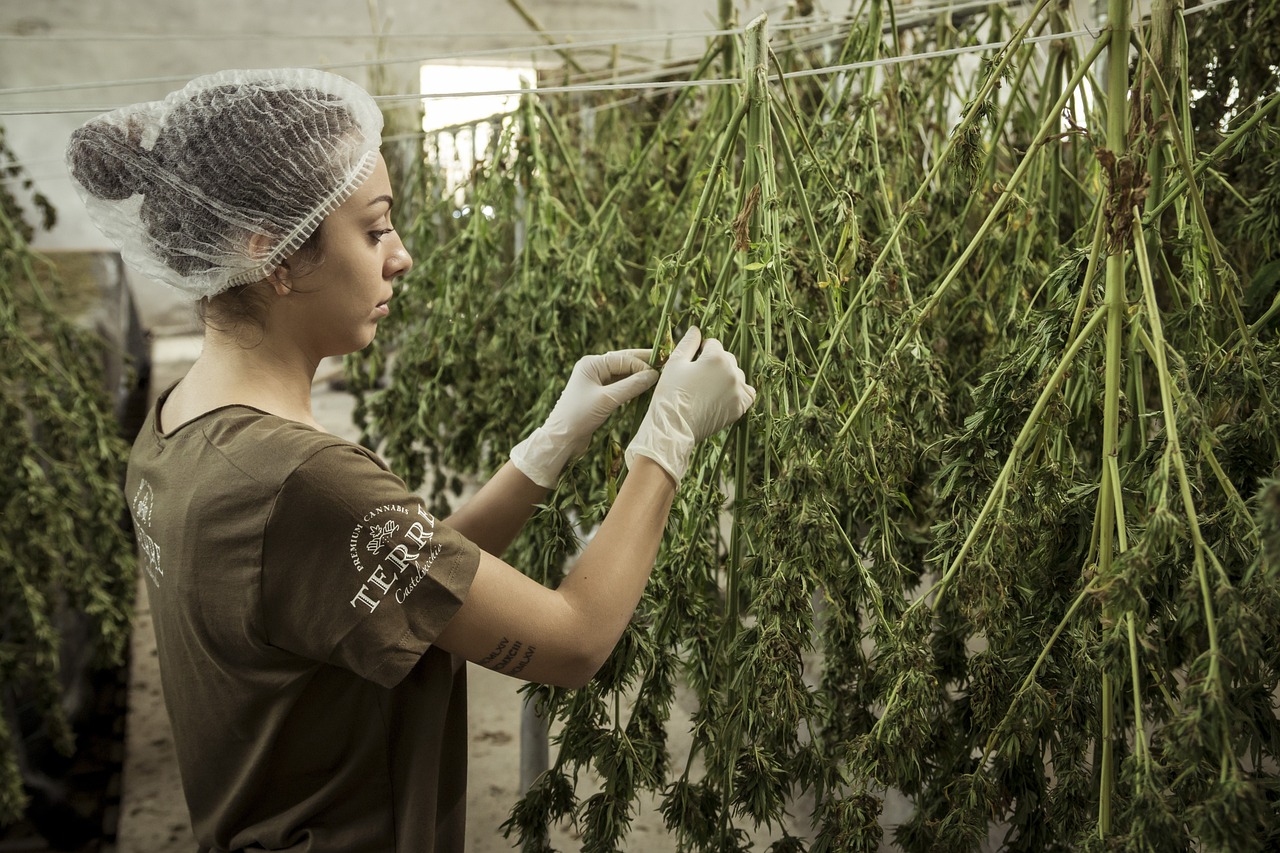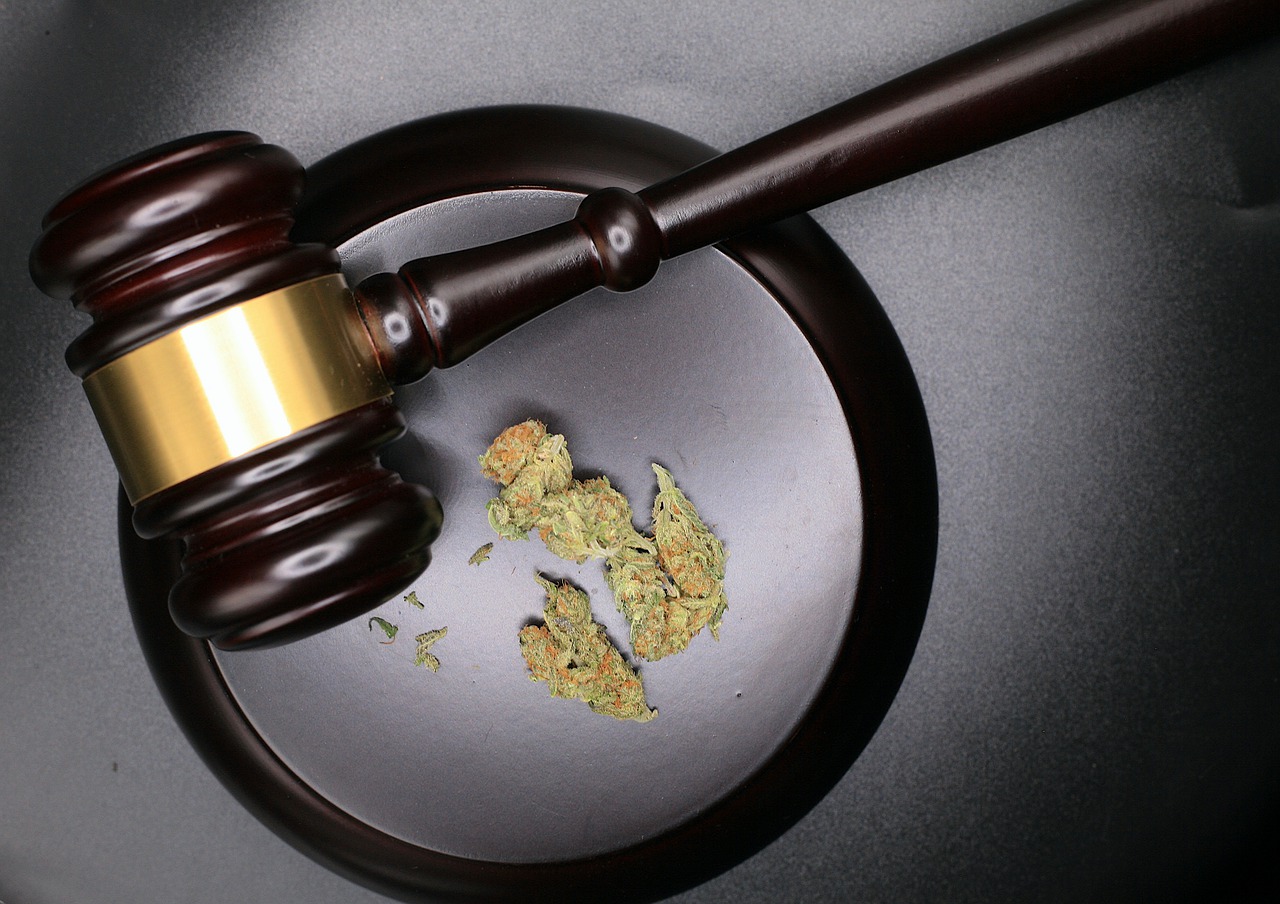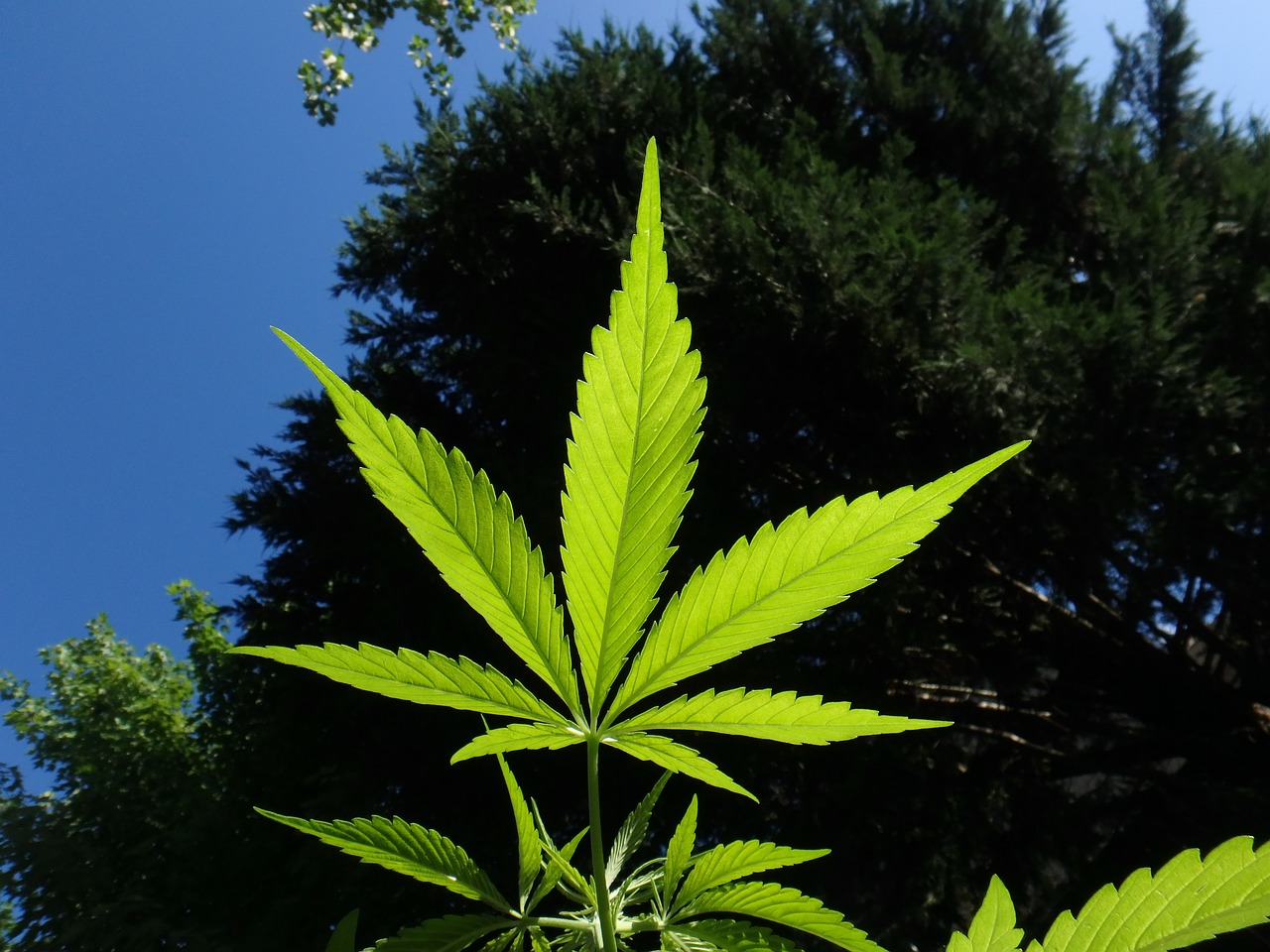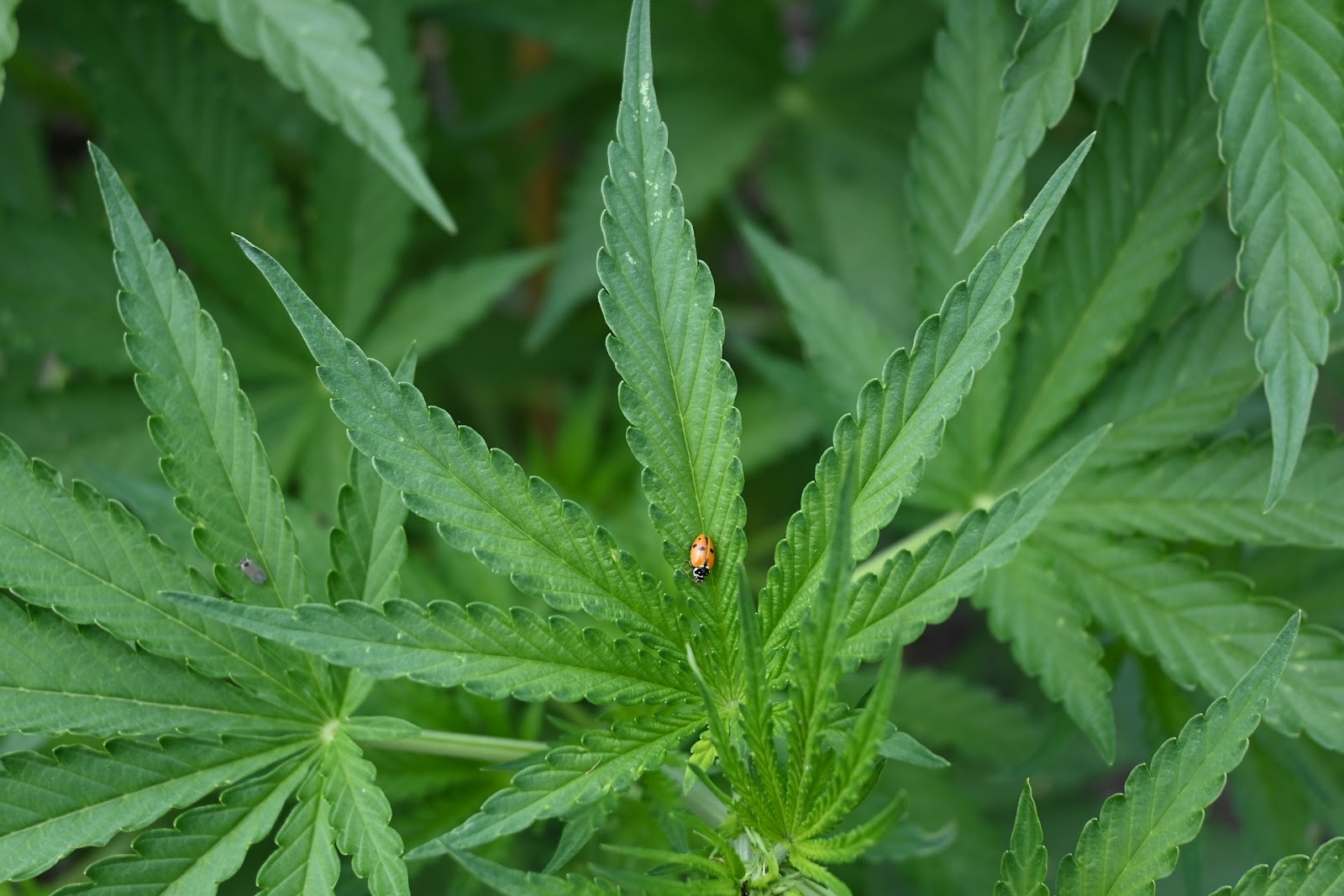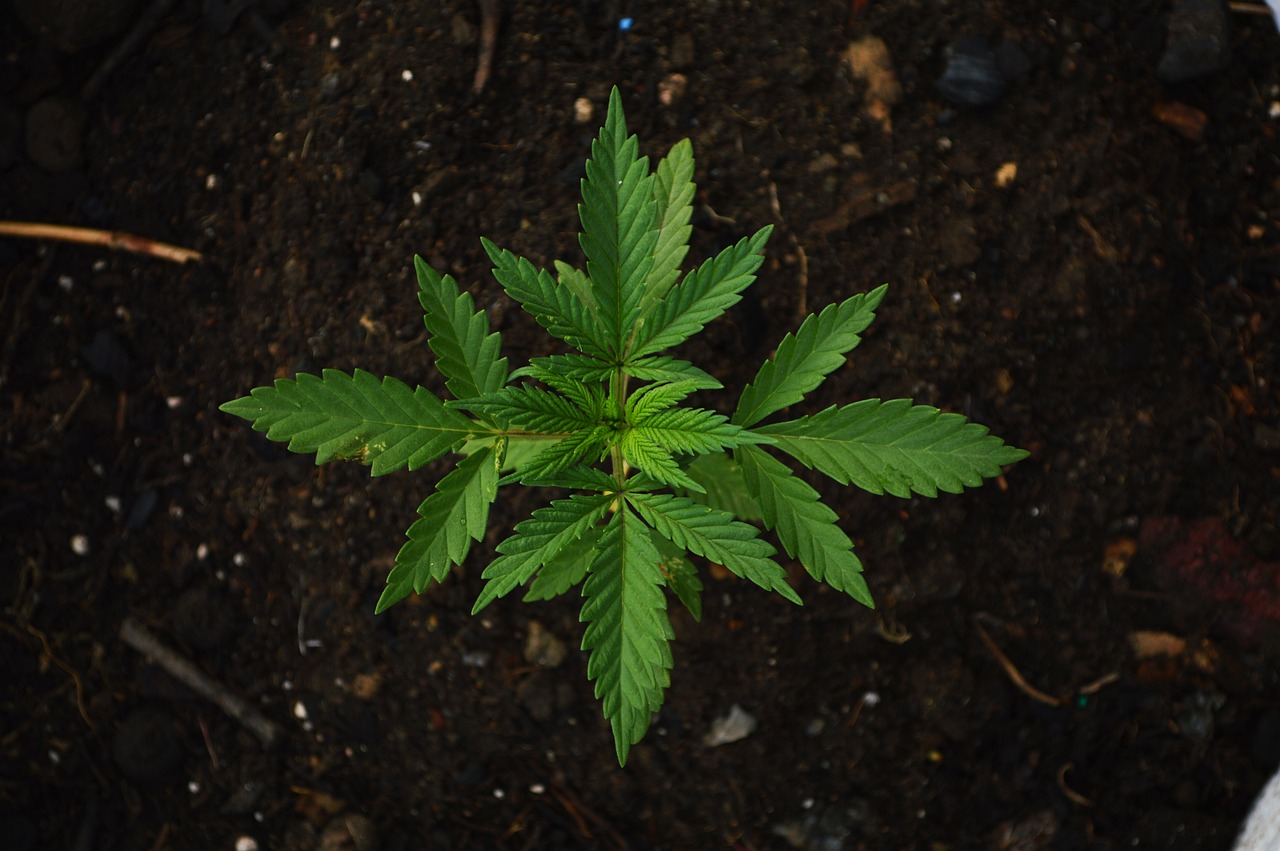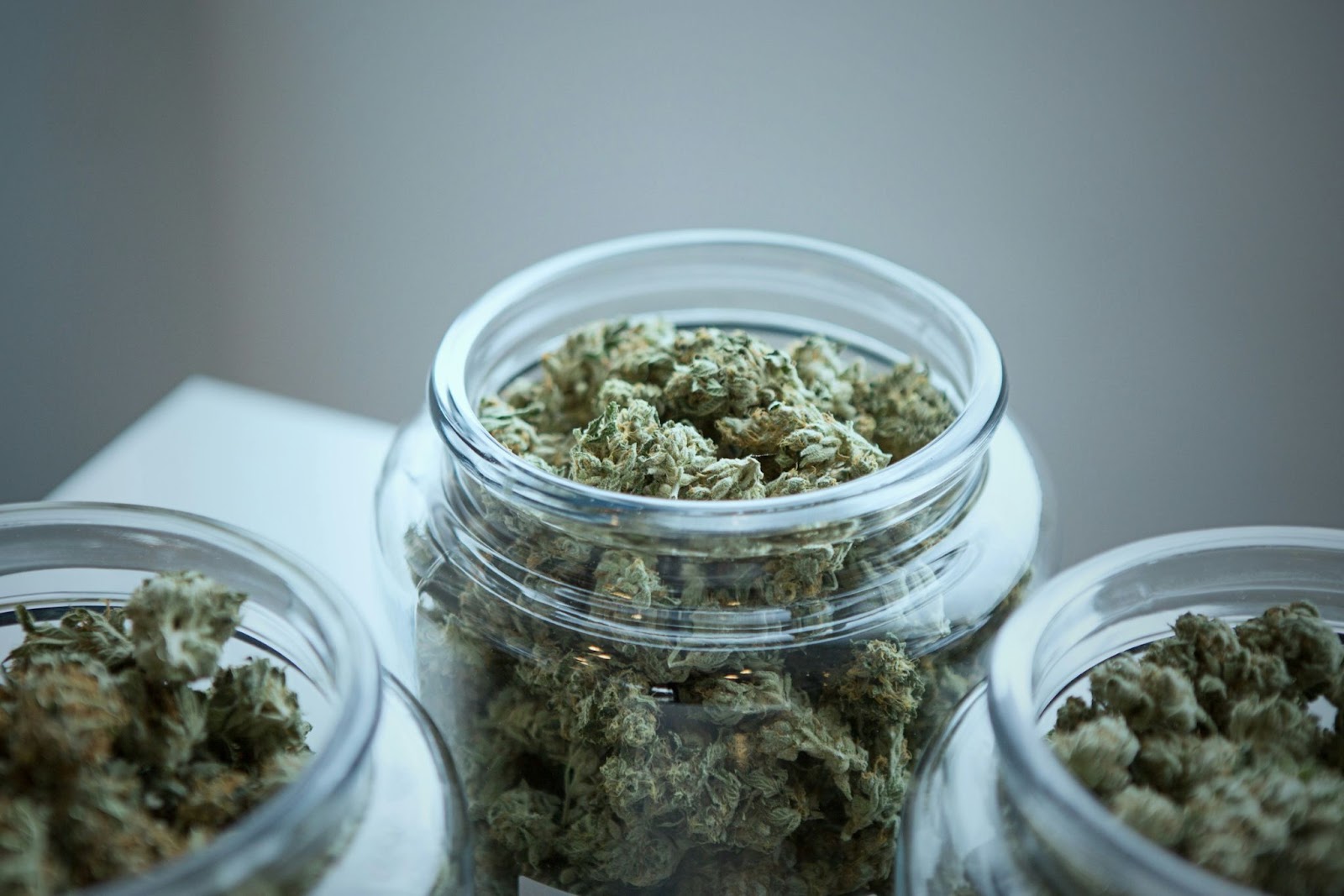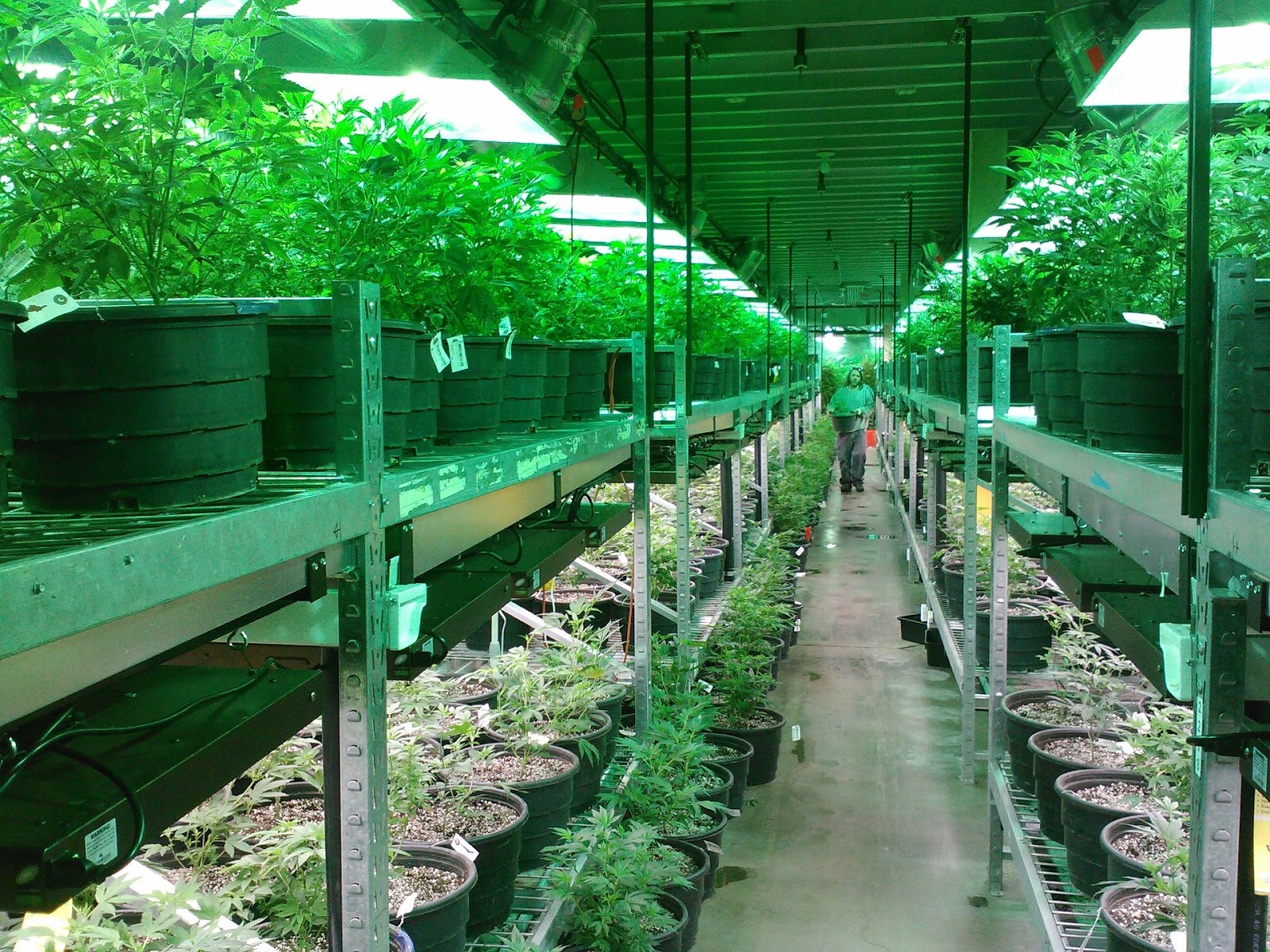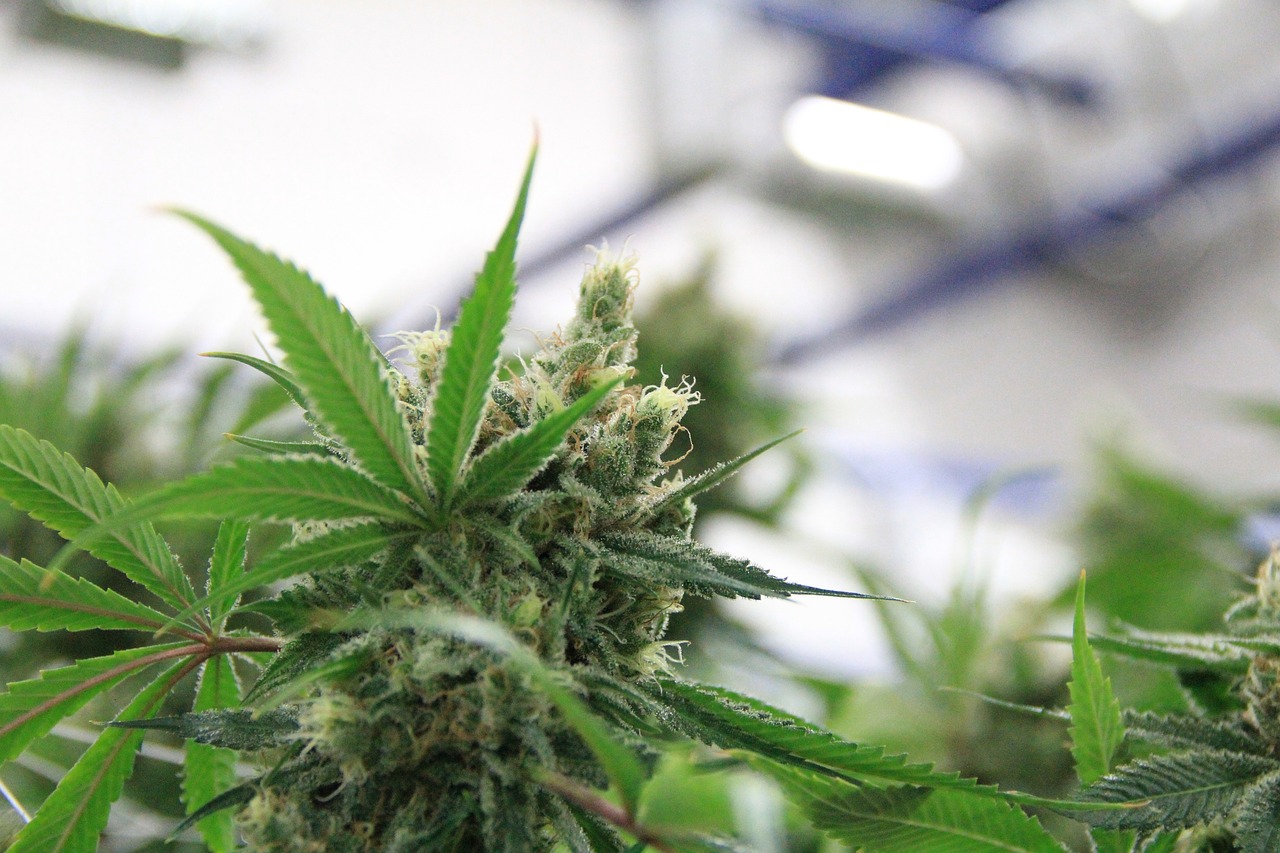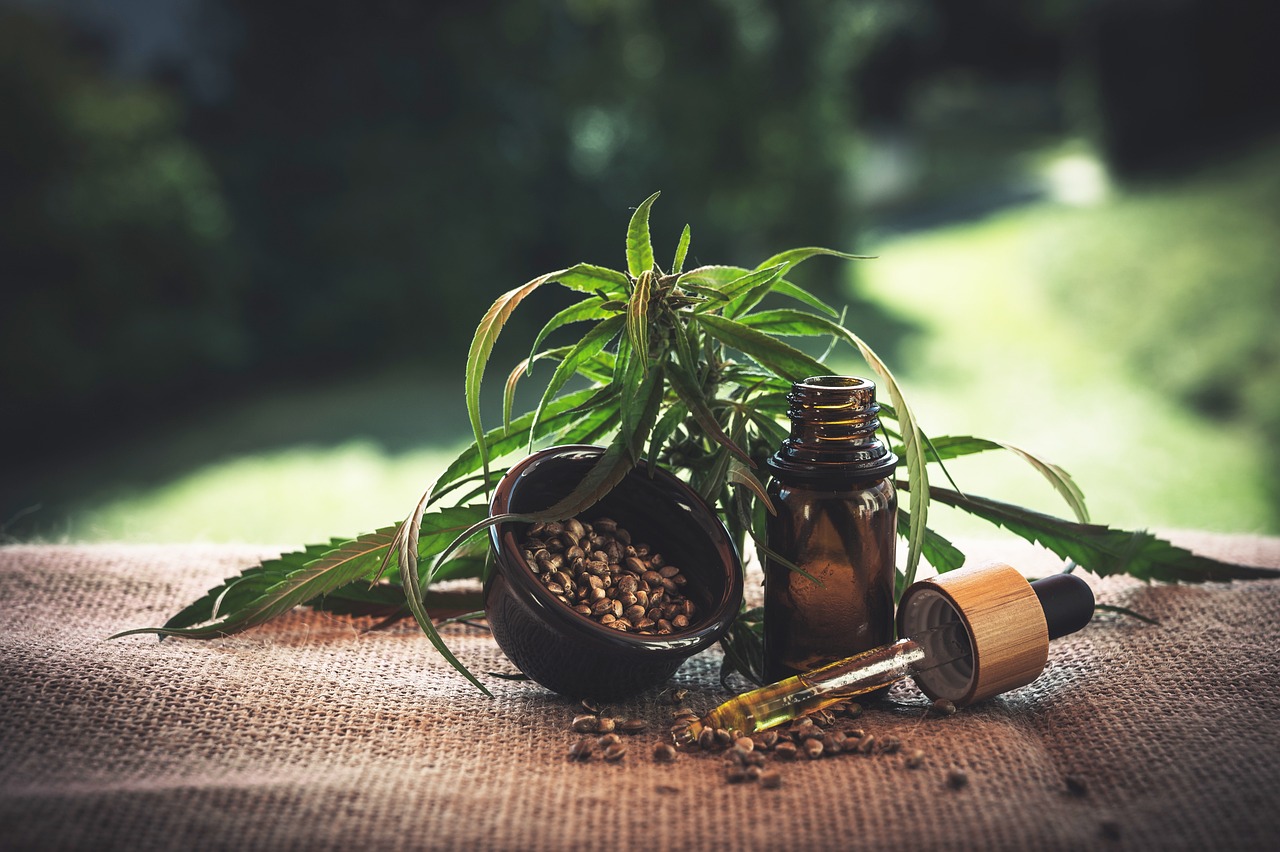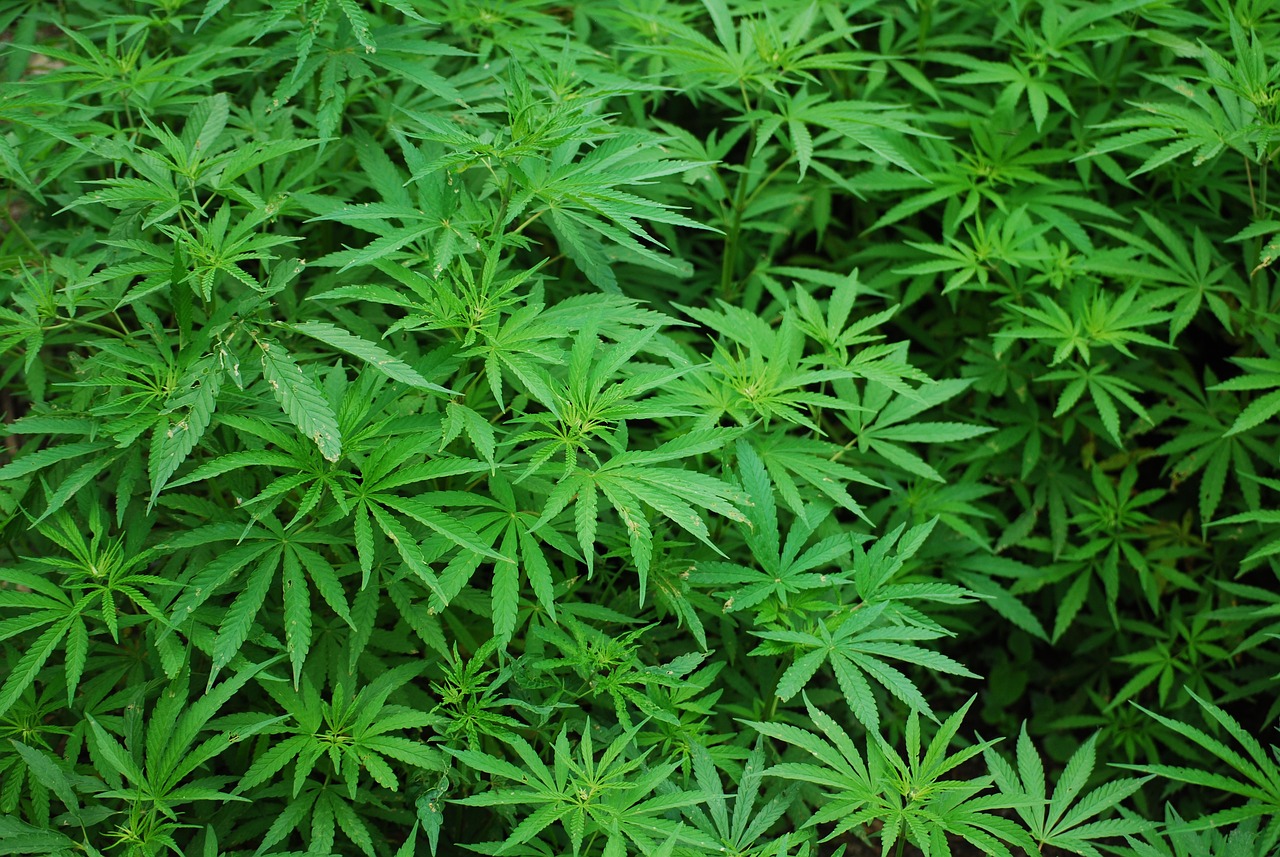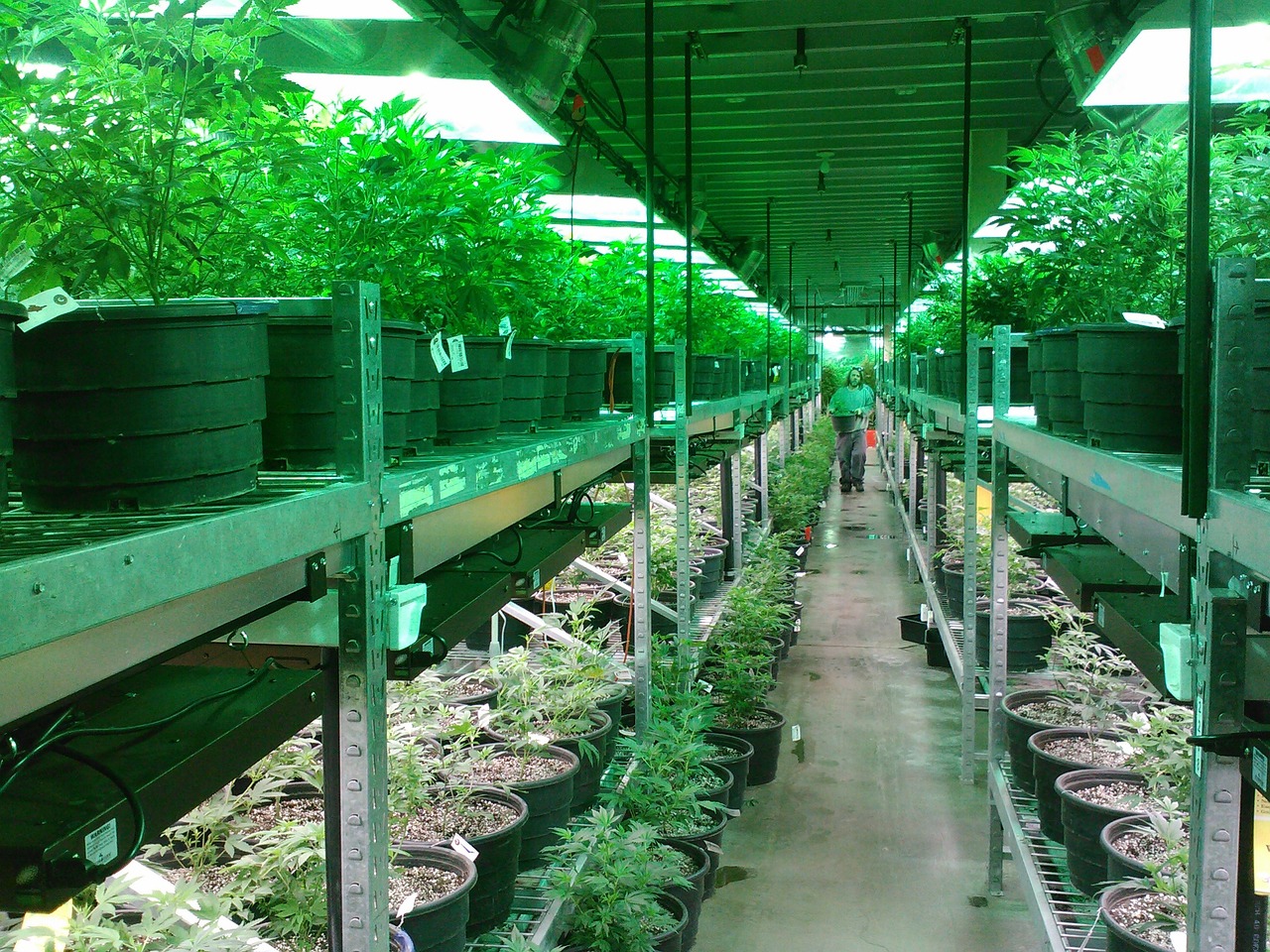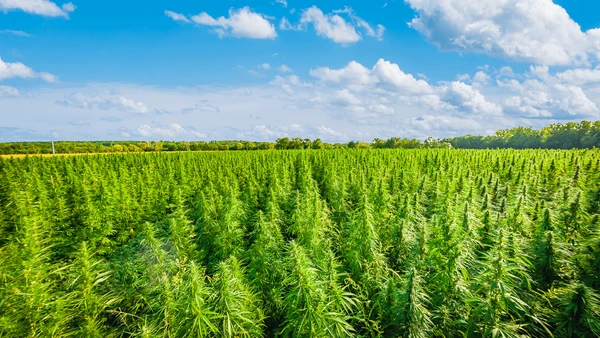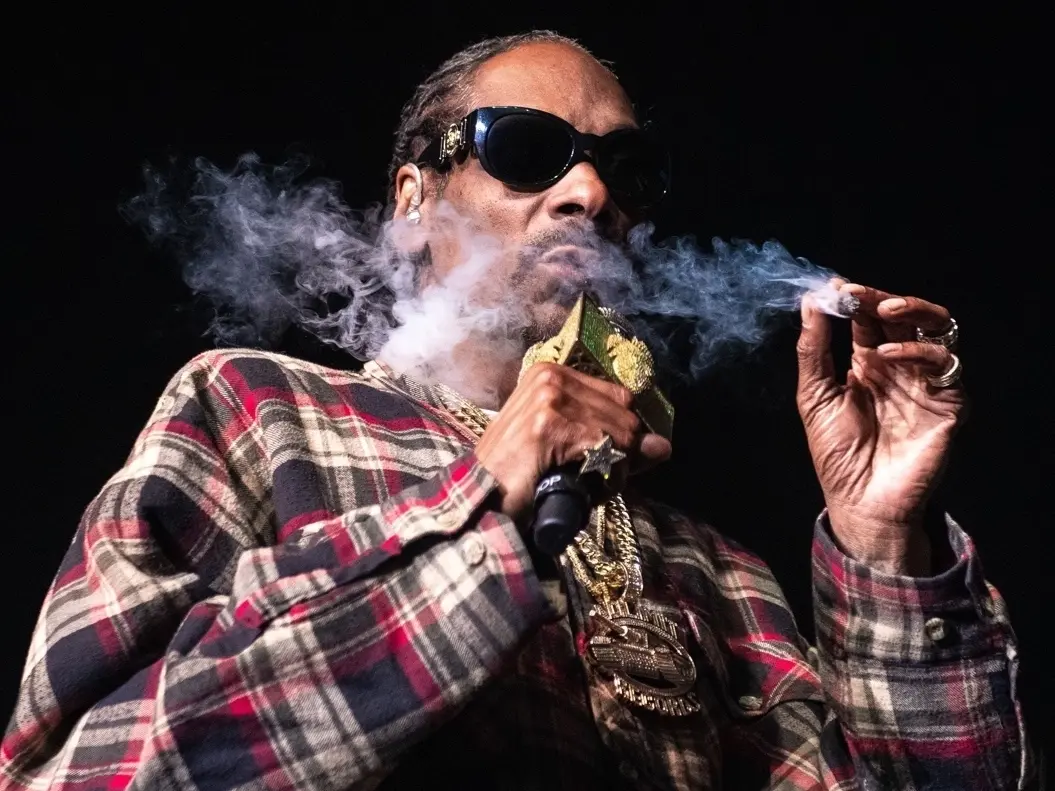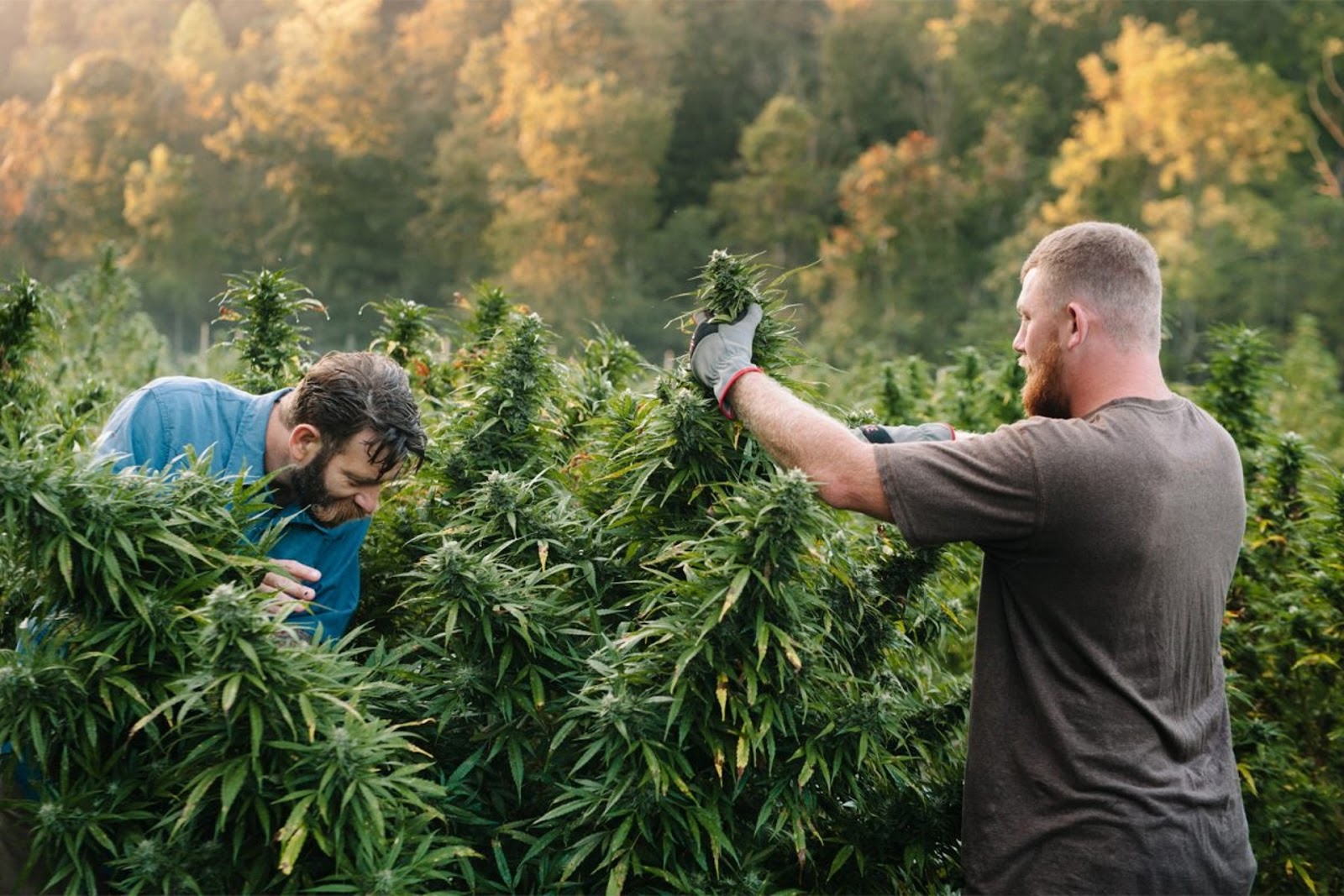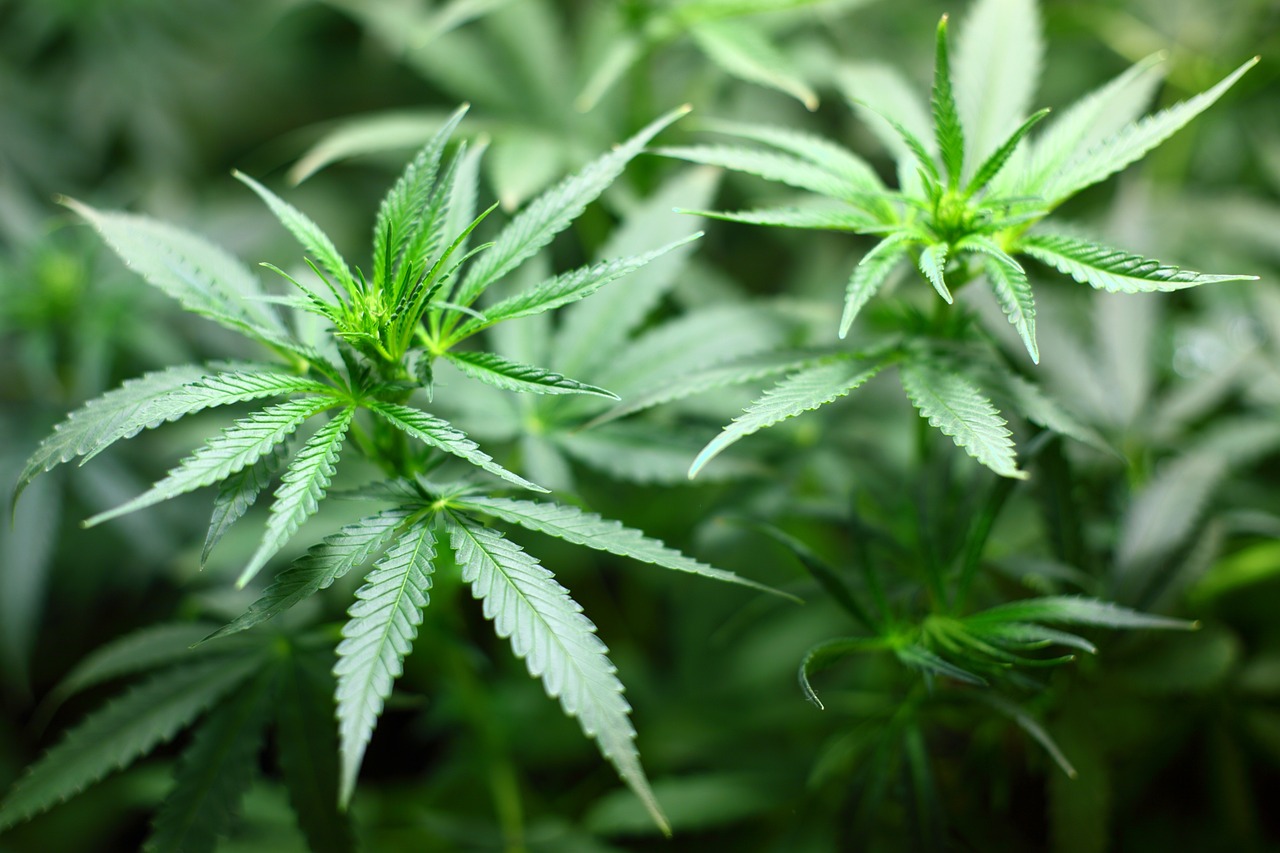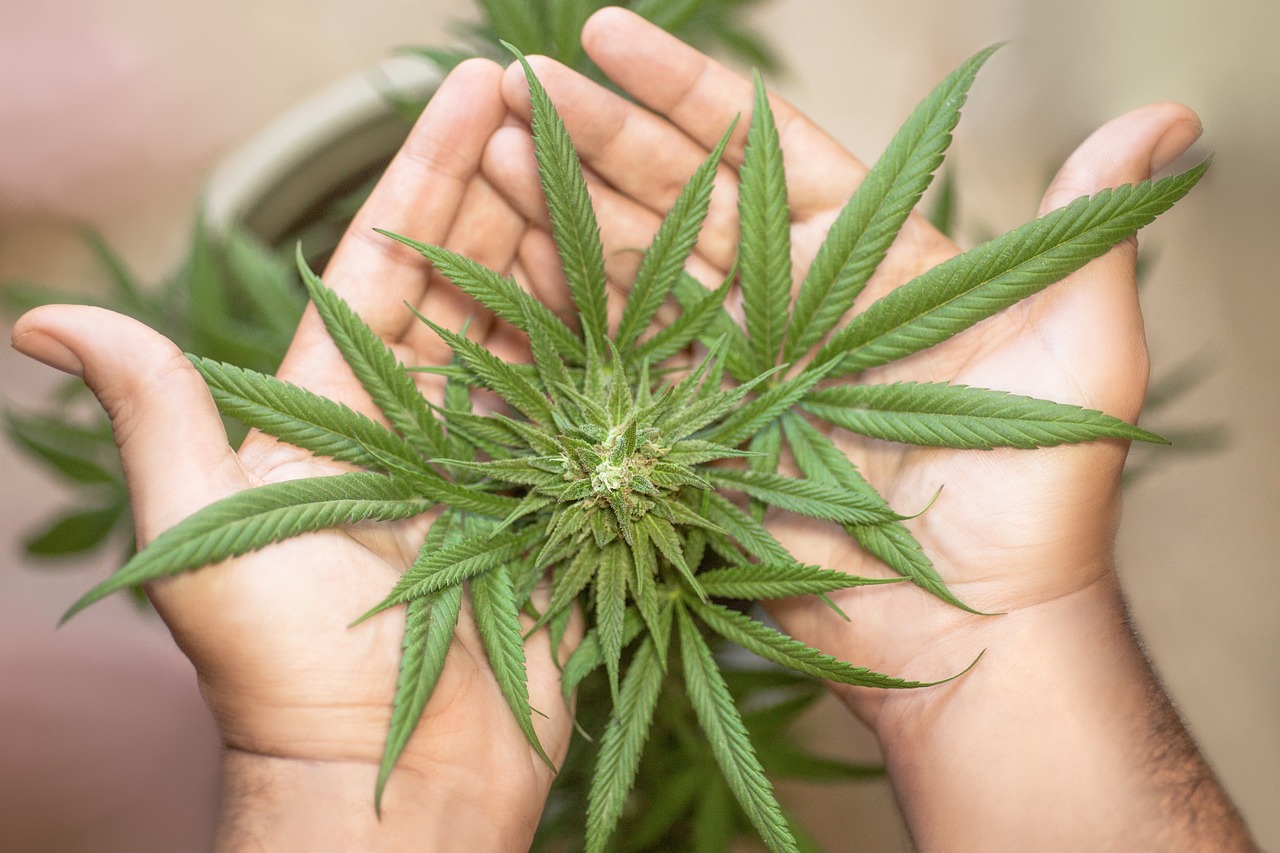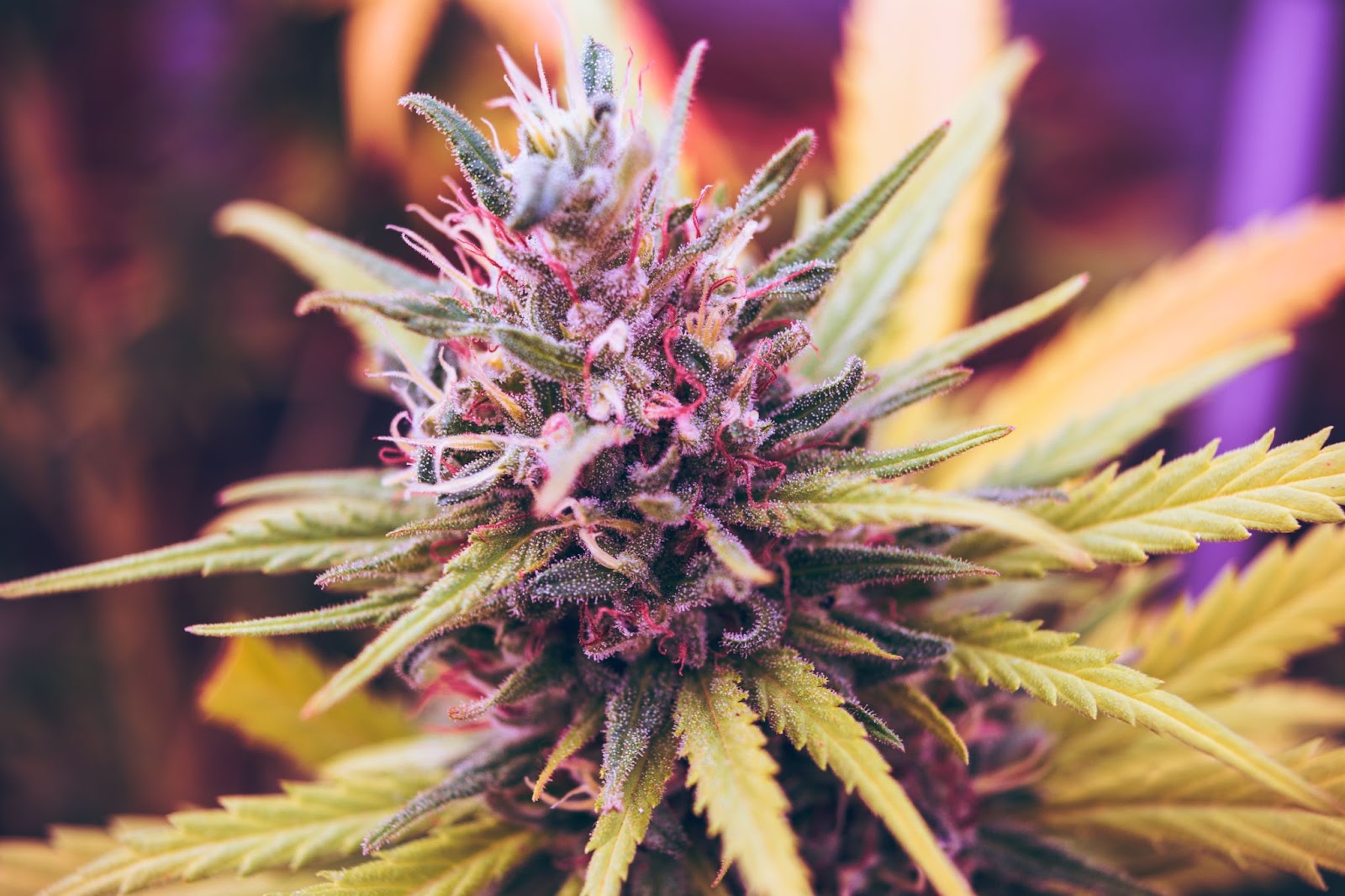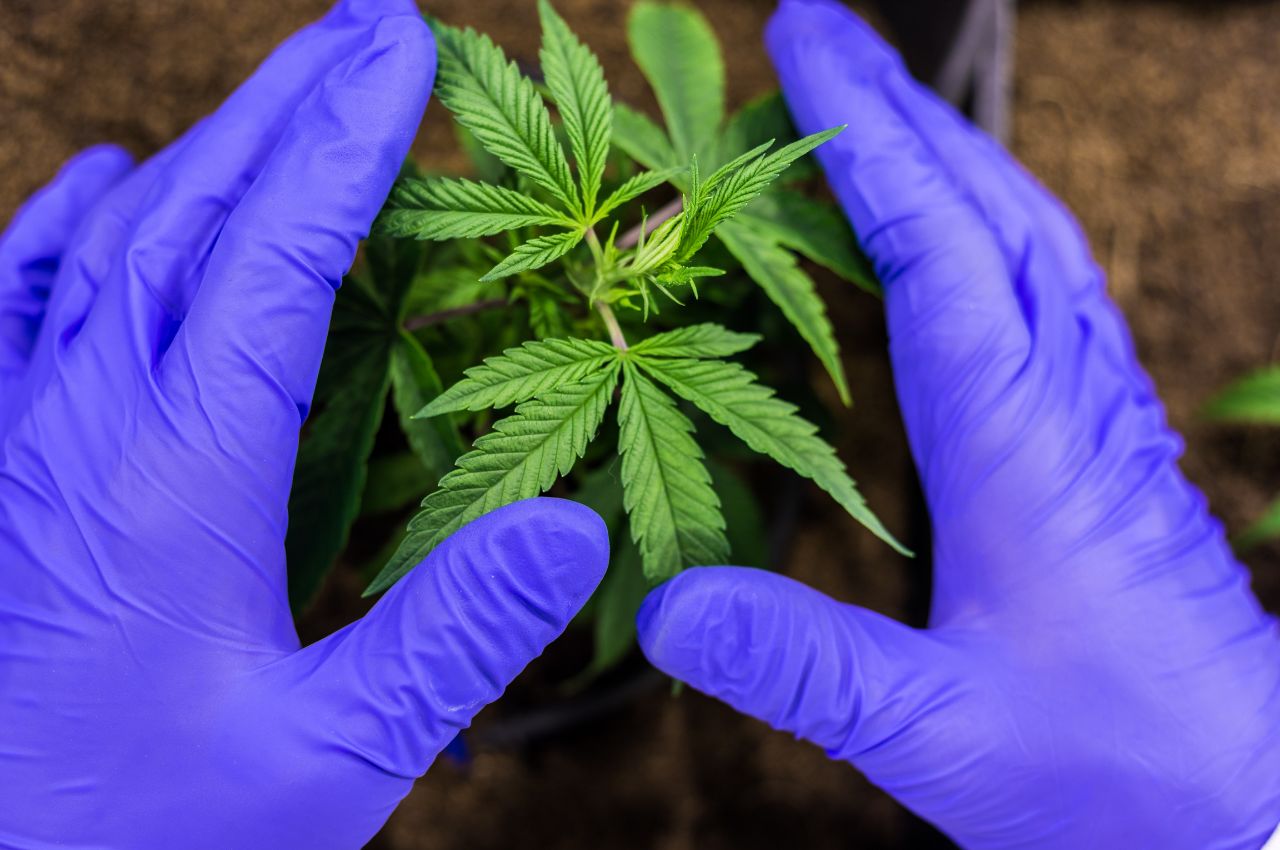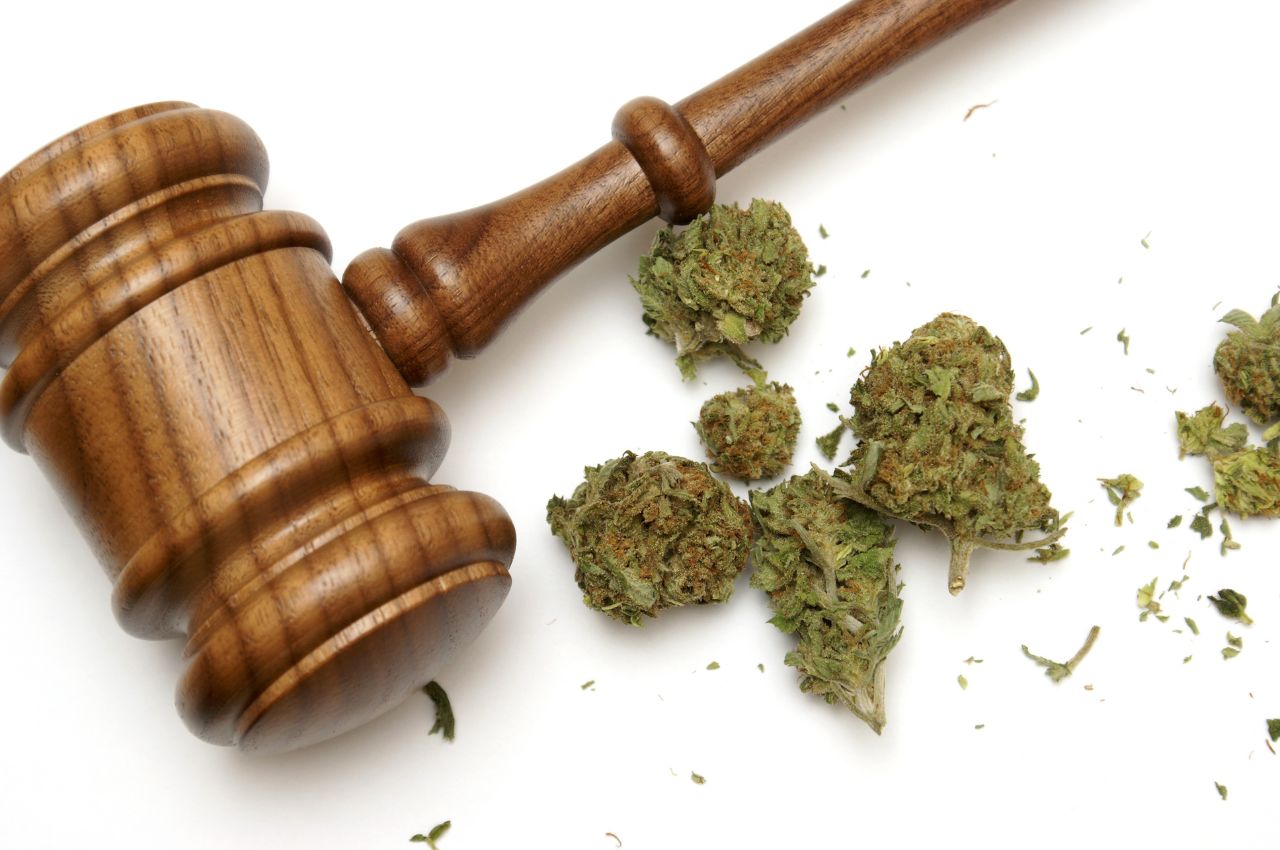Morocco’s cannabis authority, ANRAC, said in a historic move that the nation’s first-ever legal cannabis harvest in 2023 produced more than 294 metric tons, exceeding expectations. 32 cooperatives with 430 farmers working together to grow cannabis on 277 hectares in the northern Rif mountain areas (Al Houceima, Taounat, and Chefchaouen) were instrumental in reaching this historic milestone.
Morocco’s decision to legalize cannabis production and export marks a significant turning point in the country’s drug policies as it attempts to navigate the intricate global cannabis market while addressing long-standing socioeconomic issues. In the past, the cultivation of cannabis has been a vital component of the economy in northern Morocco, where customary production techniques have supported local populations for many generations. However, because the transaction is illegal, farmers run the danger of being exploited by drug dealers and facing legal repercussions.
Now, the country aims to empower farmers by giving them legal opportunities to grow and market their products by legalizing cannabis. The government wants to protect local communities’ interests and lessen the power of illicit drug networks, which is why it is regulating the cannabis sector. Additionally, legalization creates access to other markets by enabling the export of Moroccan cannabis products for both industrial and therapeutic uses.
Morocco’s move to legalize cannabis is part of a larger worldwide trend that is changing drug laws, especially those that pertain to cannabis. Countries all around the world are reevaluating their policies toward cannabis as they see the advantages of regulation over prohibition. Governments may impose strict quality control procedures, guarantee consumer safety, and raise tax income to support drug education programs and public health initiatives by legalizing cannabis.
The legalization of cannabis has consequences for social justice and public health in addition to economic ones. Countries can embrace more humane approaches to drug policy, emphasizing harm reduction and rehabilitation over punishment, by decriminalizing cannabis use and moving away from punitive measures. Furthermore, as anti-drug laws have disproportionately targeted communities of color, legalization can help lessen the disproportionate impact of drug enforcement on these groups.
The legalization of cannabis for recreational use in Germany represents a major shift in European drug policy. The Bundestag’s adoption of the legislation indicates a growing understanding of the necessity for responsible cannabis regulation that balances personal liberties and public health issues. Germany hopes to offer legitimate alternatives to the black market while encouraging responsible usage and harm reduction. To this end, it has established requirements for non-commercial production through cannabis clubs and permitted people to cultivate up to 500 plants for personal use.
As Morocco and Germany begin their own paths toward legalizing cannabis, they join an increasing number of nations and regions throughout the globe that have adopted evidence-based drug policies. The movement in favor of legalization highlights the changing perceptions of cannabis and the realization that it has the power to transform societies for the better. But as these nations work through the difficulties of legalization, they need to put their citizens’ welfare first and implement all-encompassing plans that deal with the complex issues of drug use and control.


